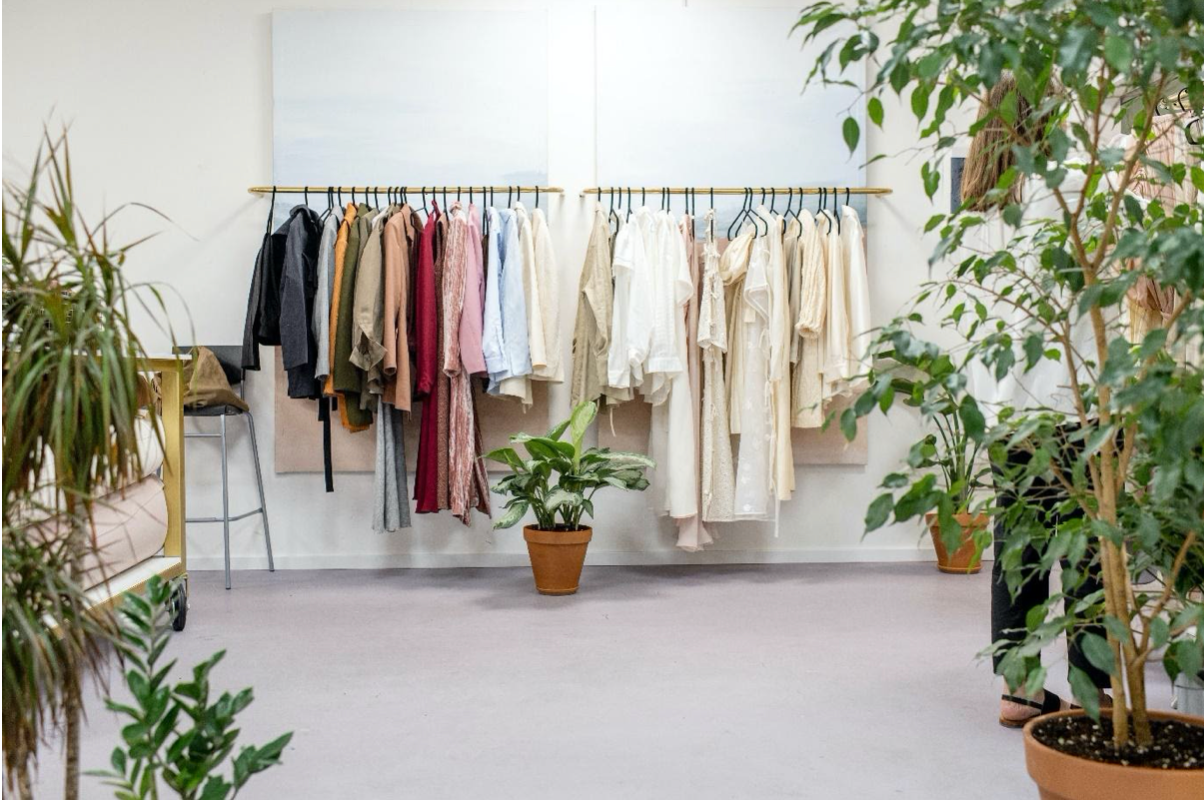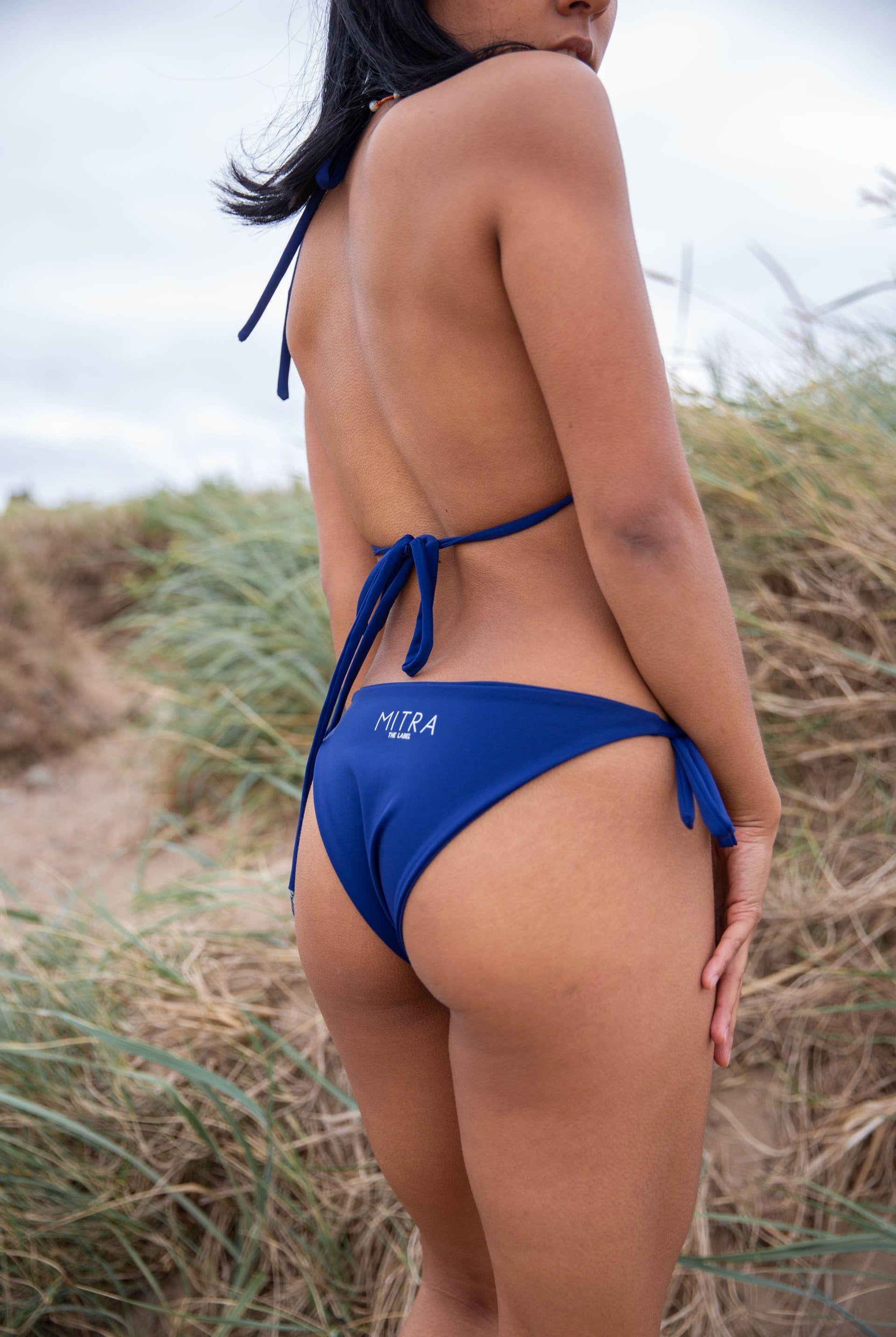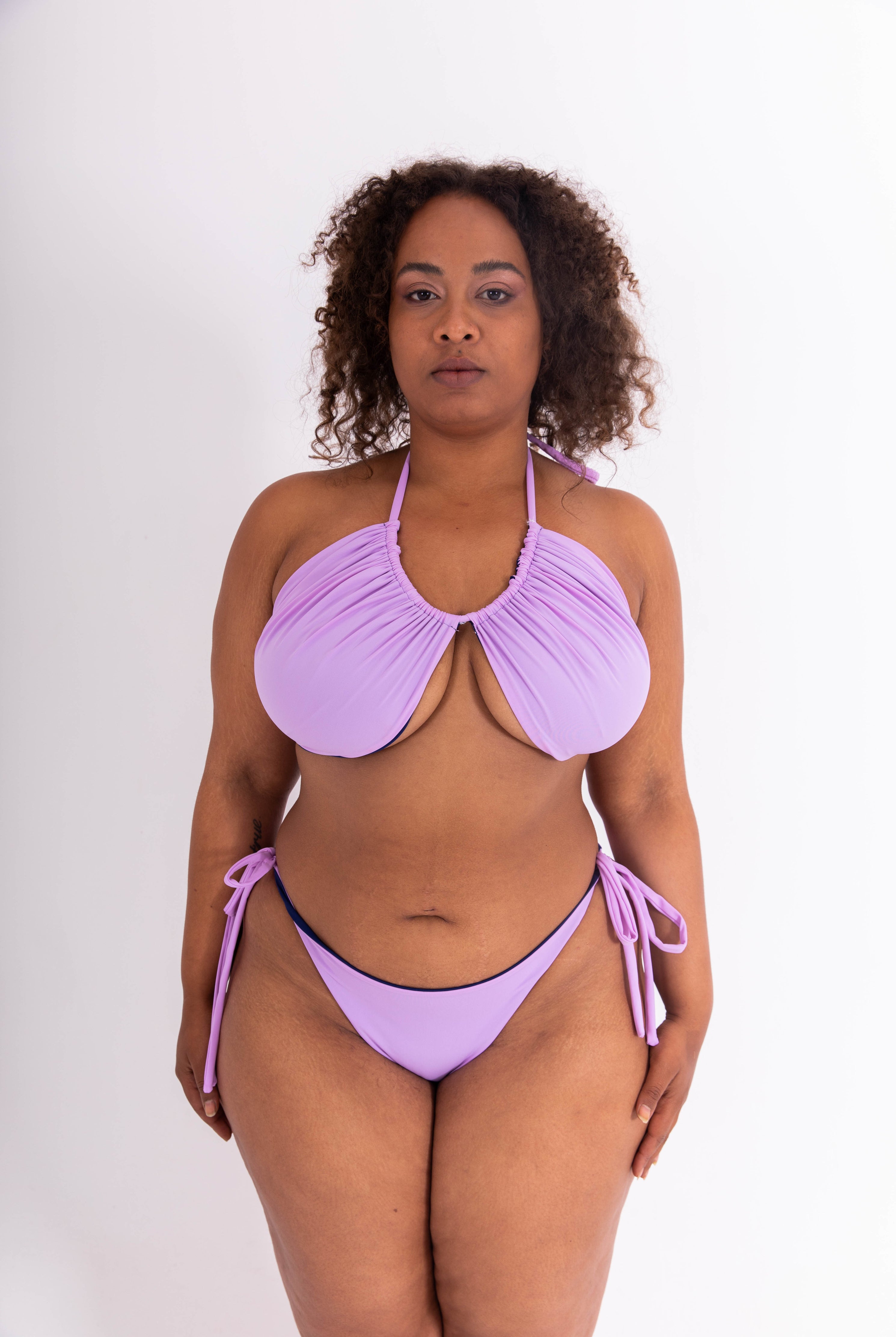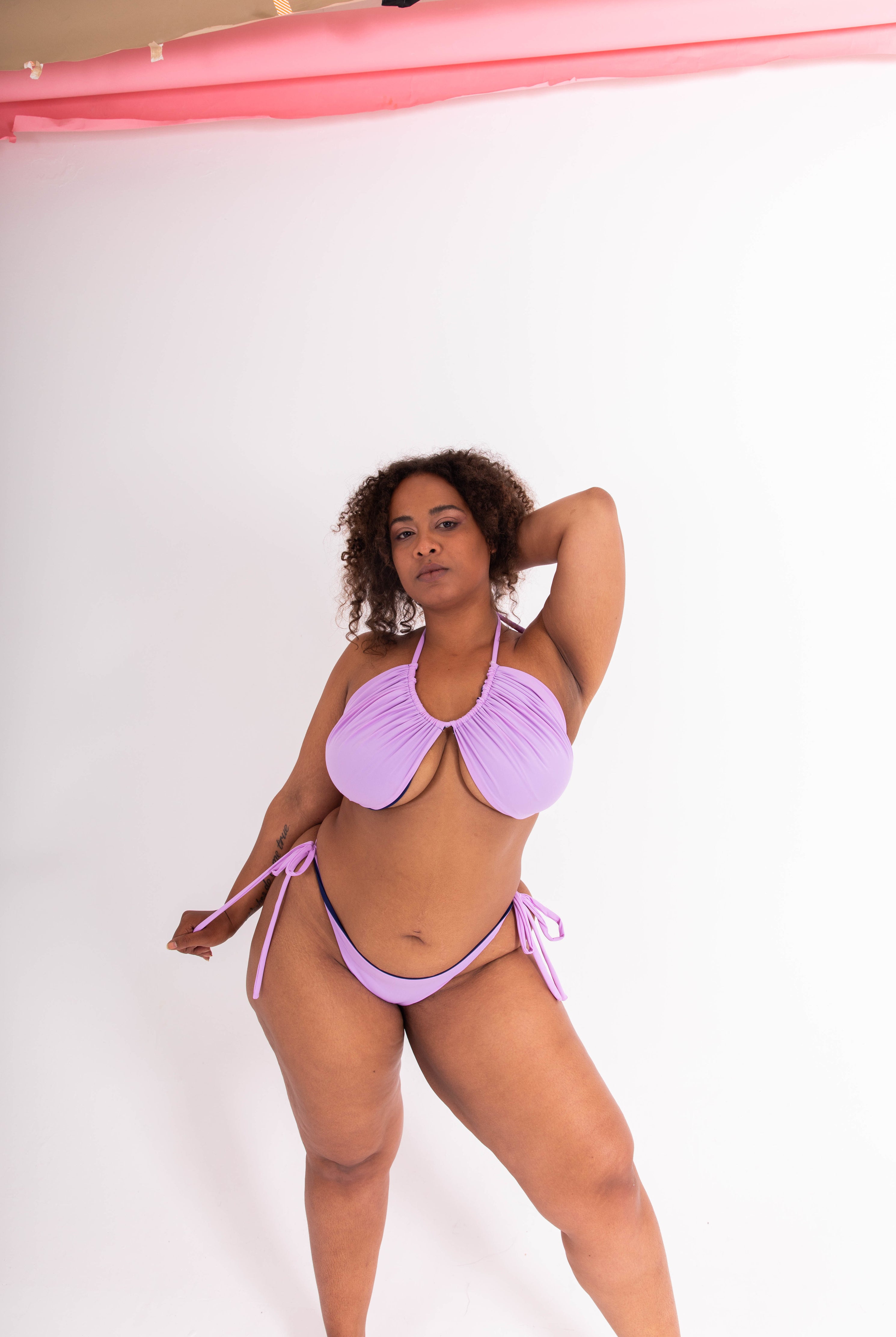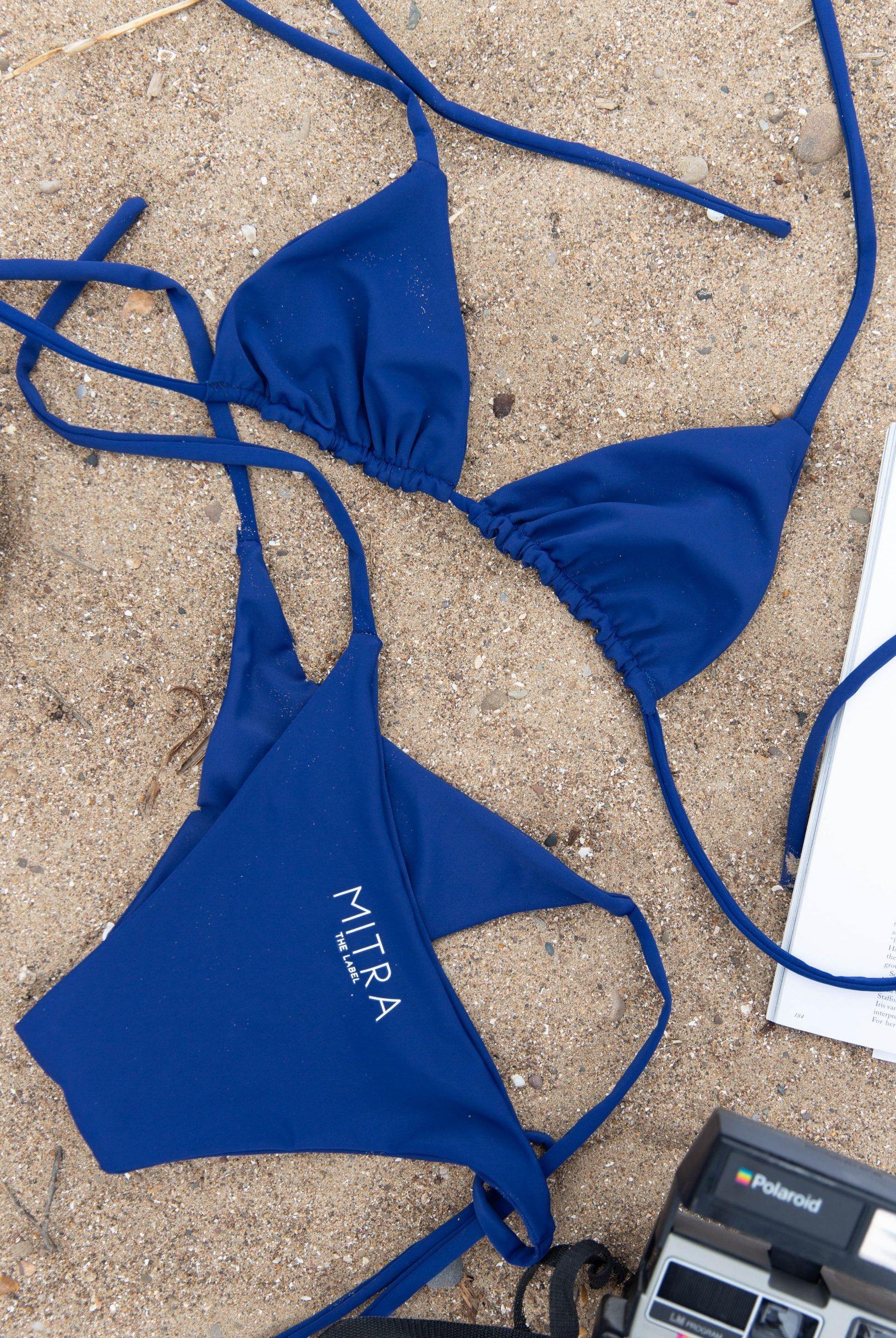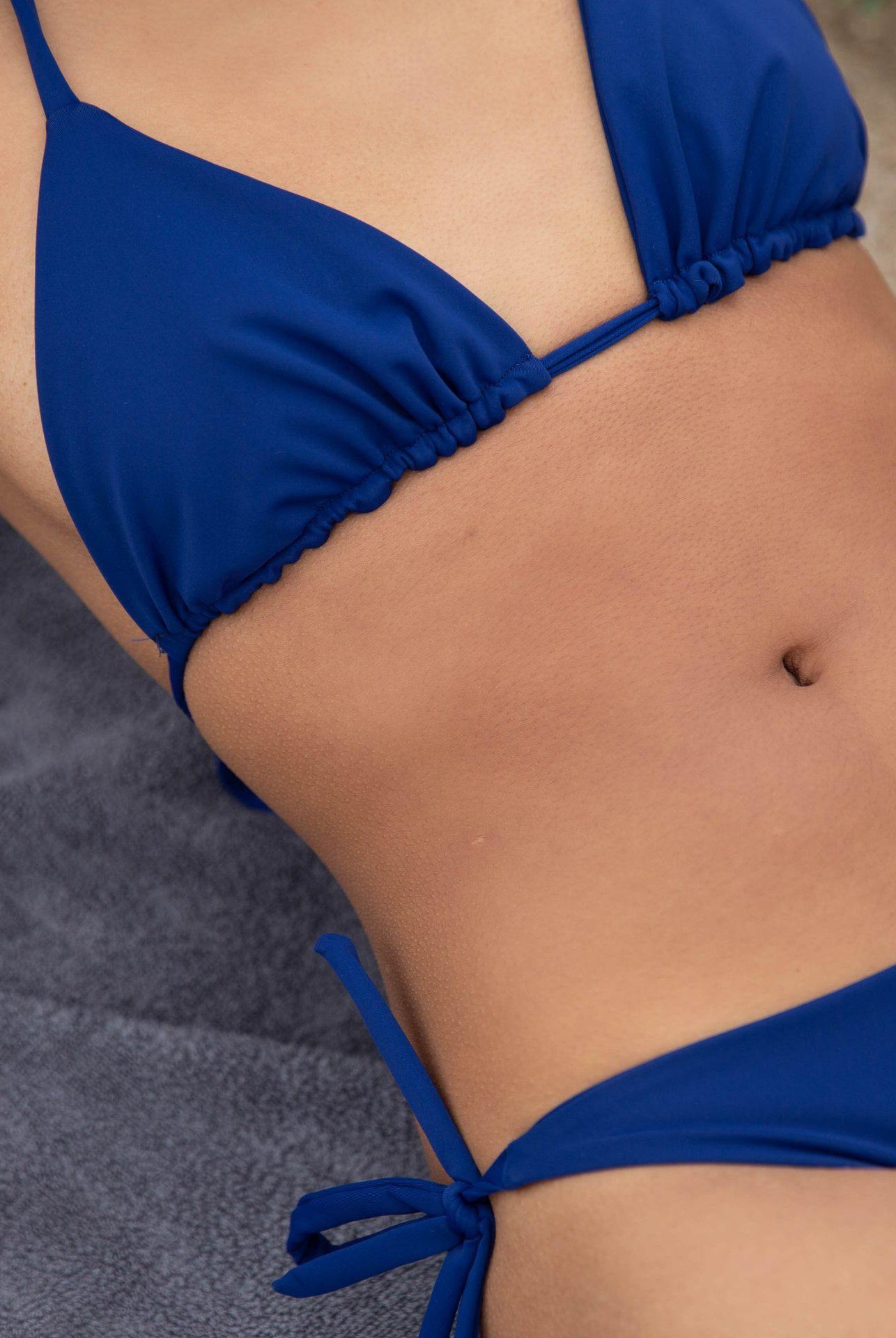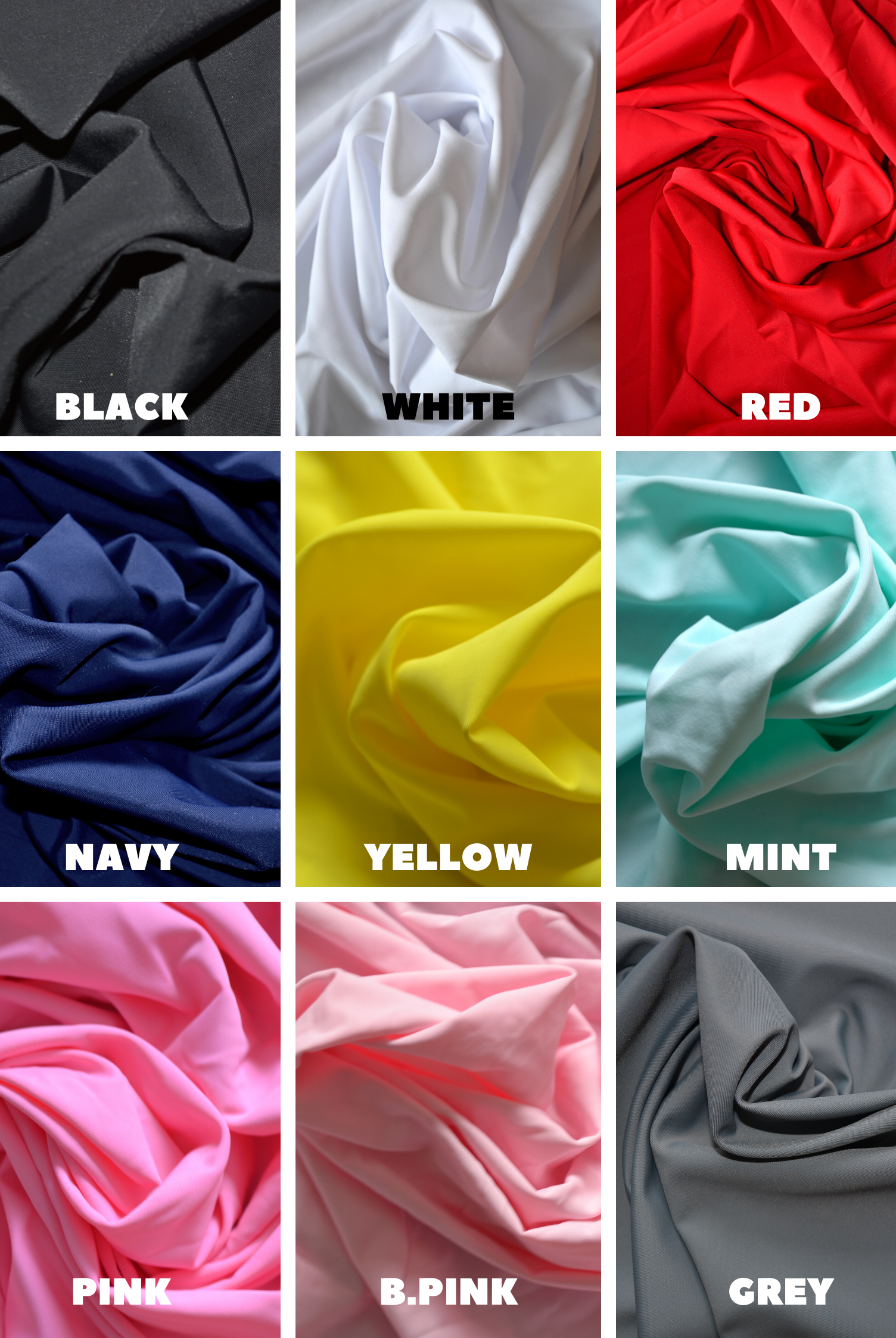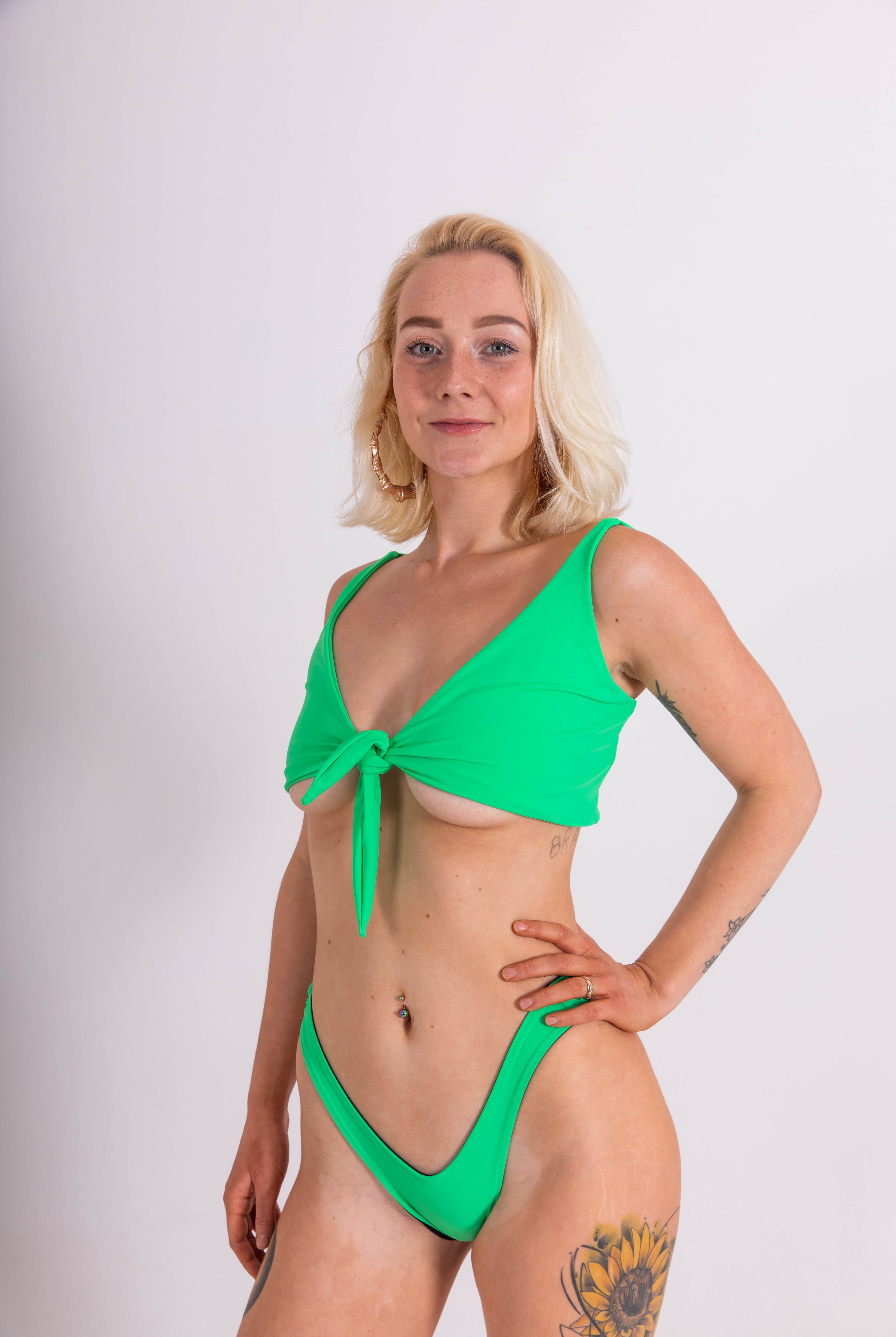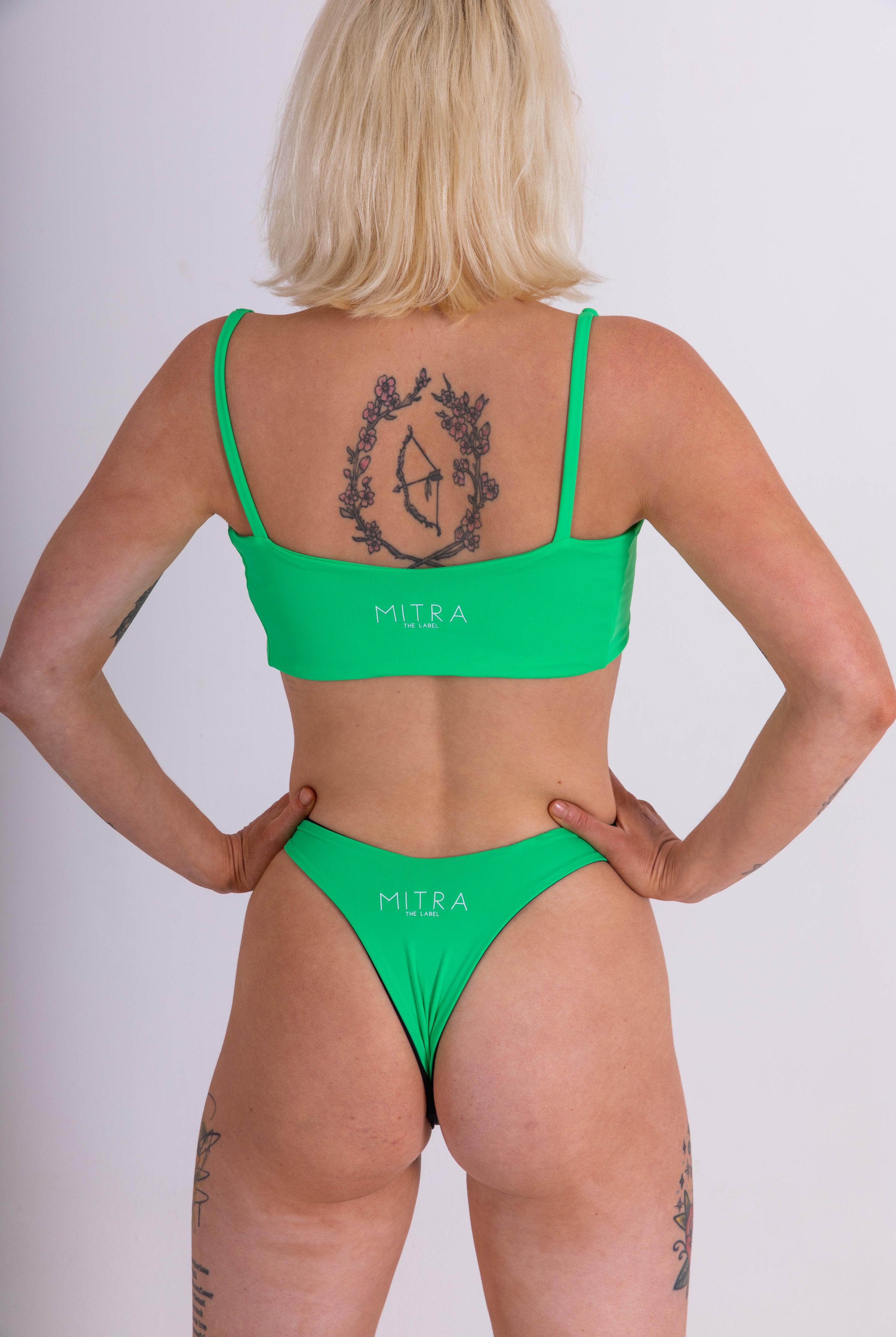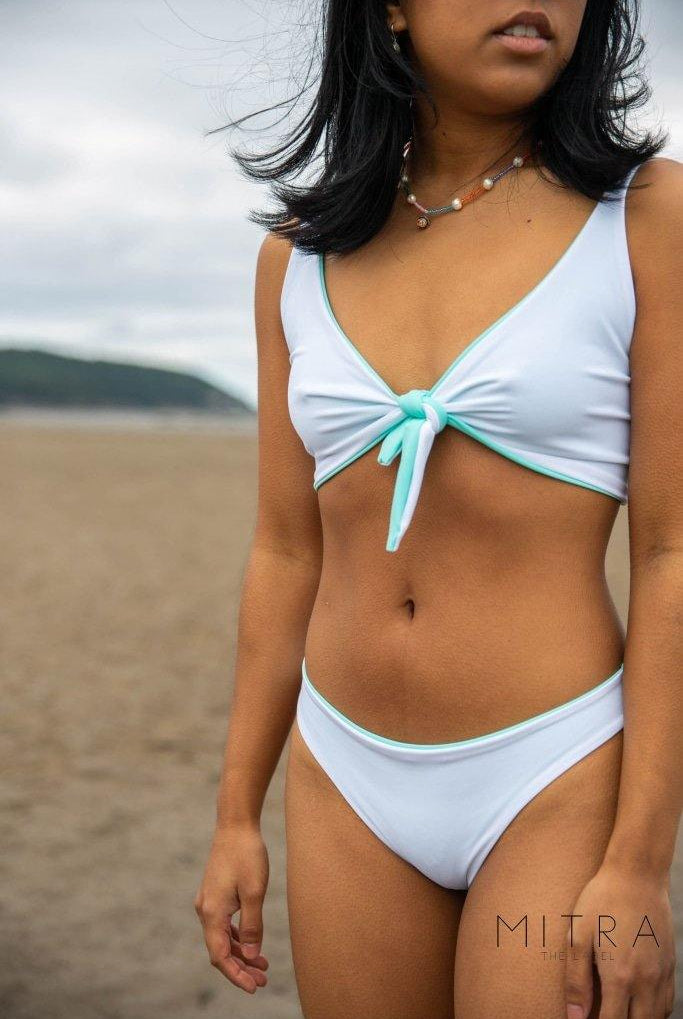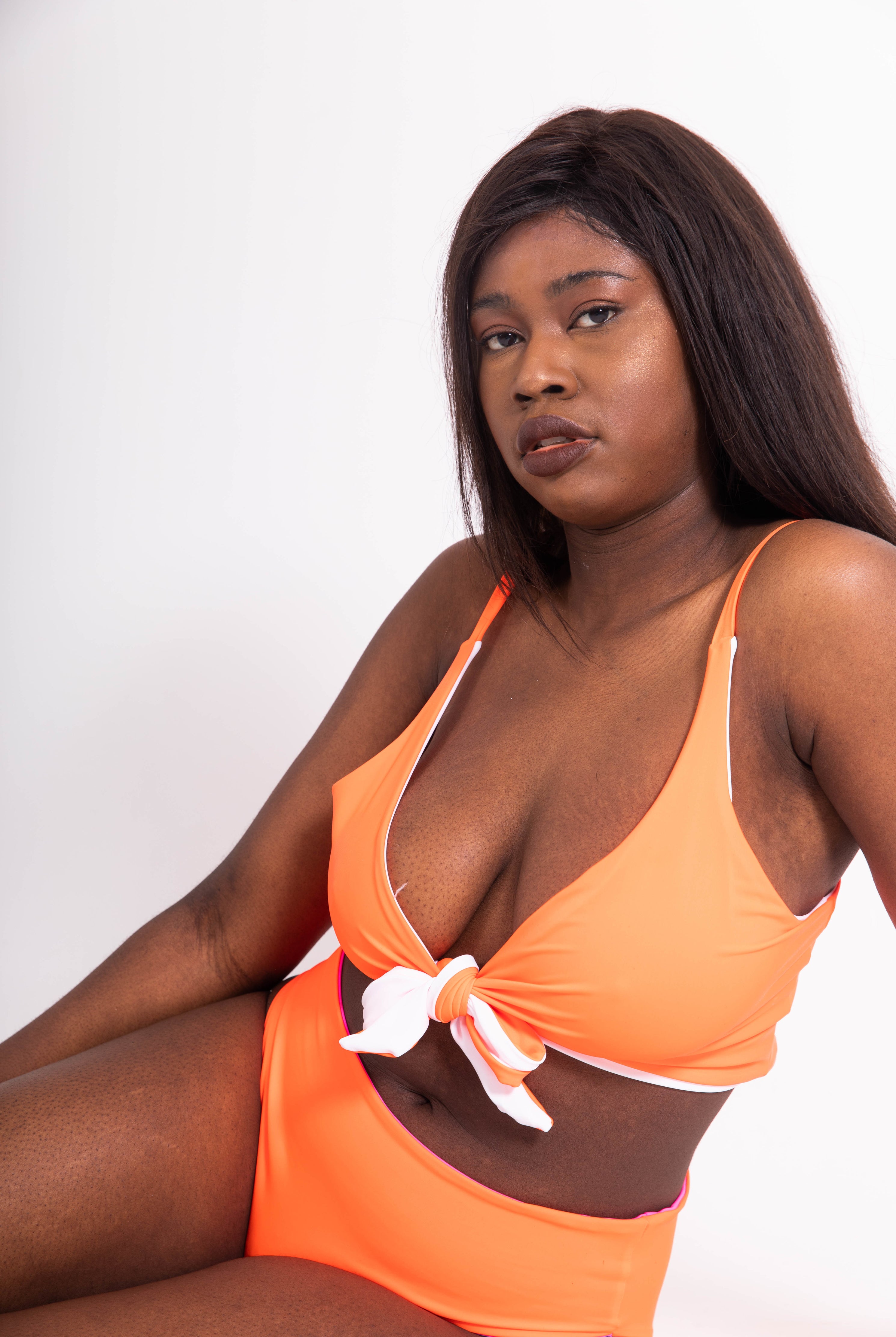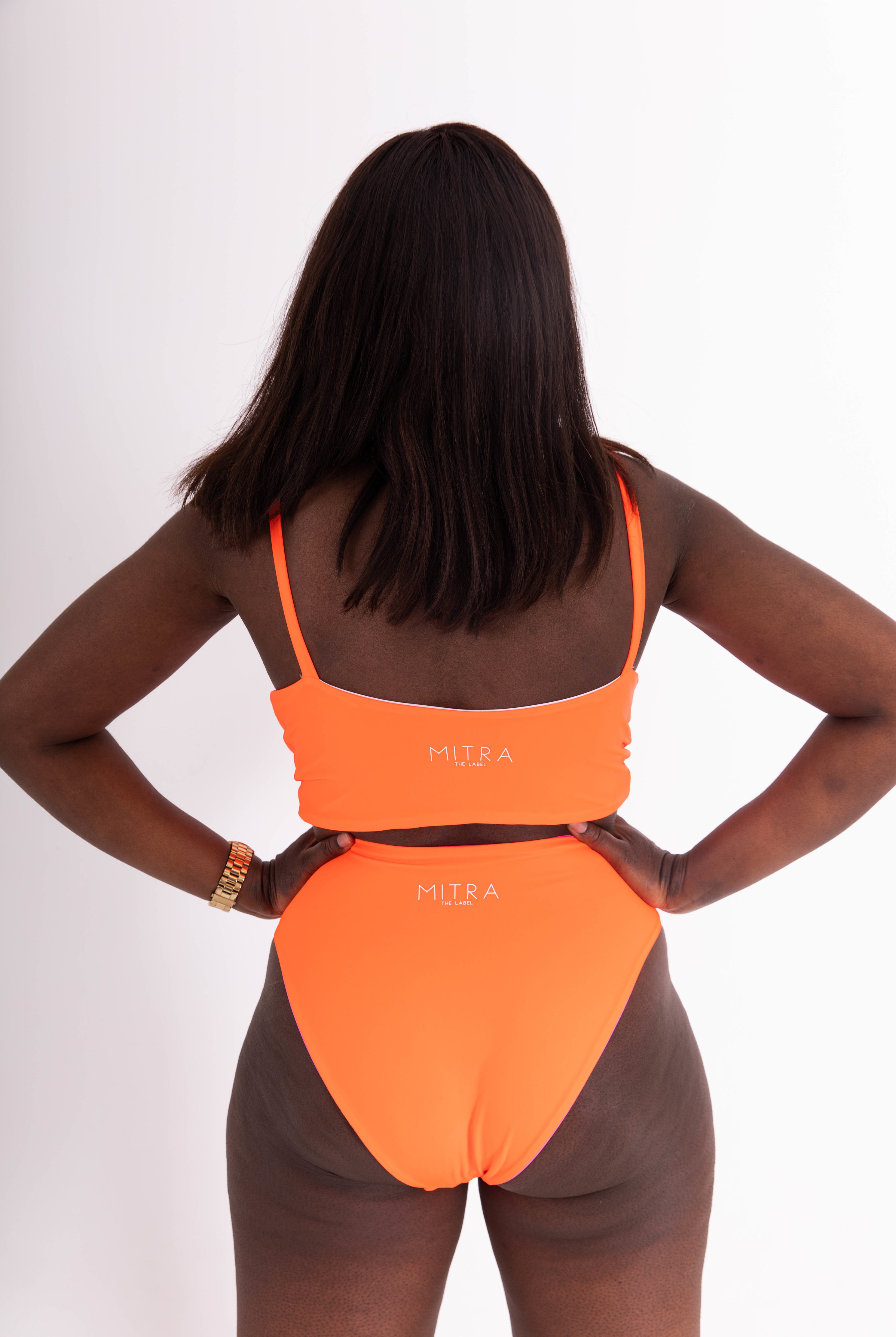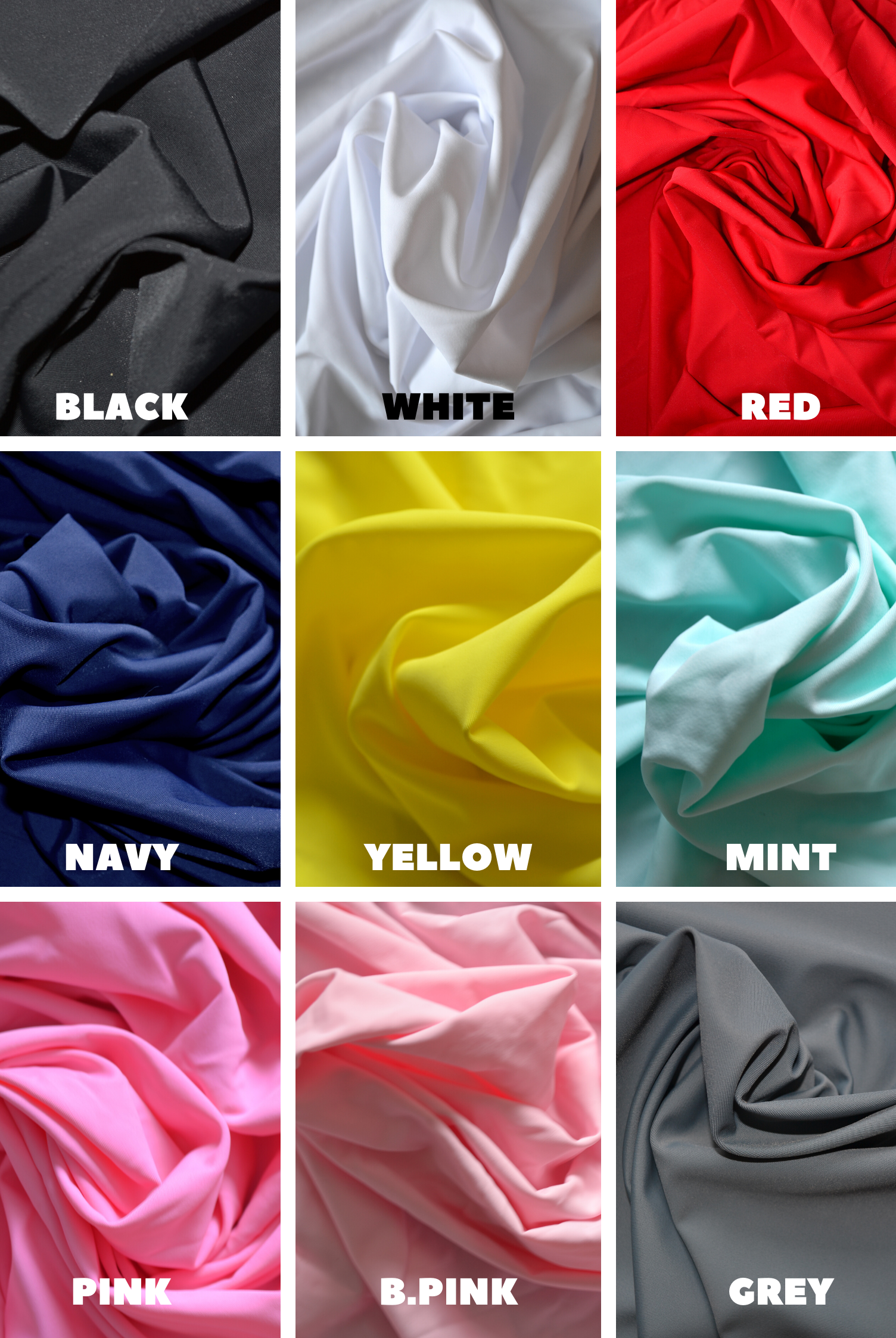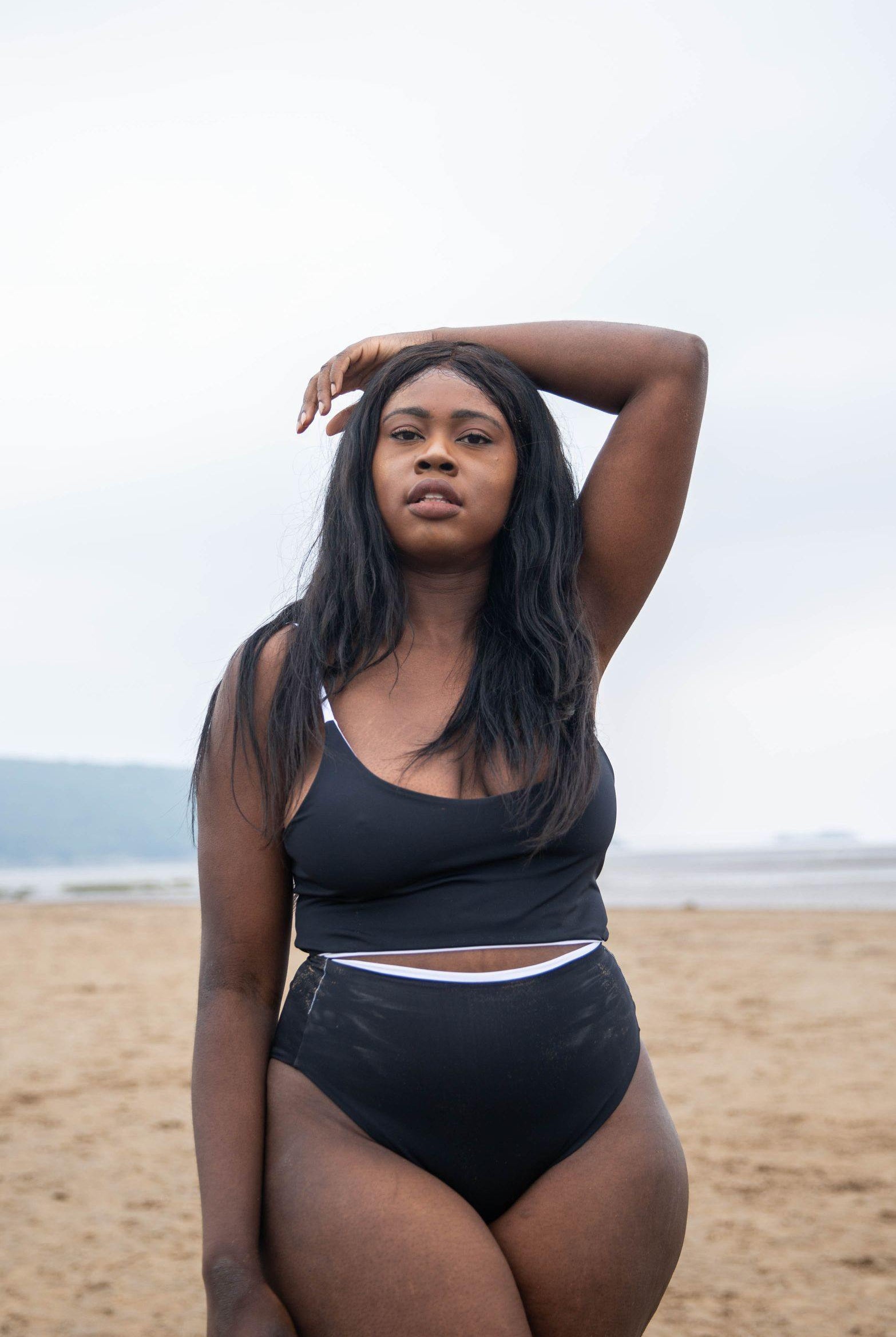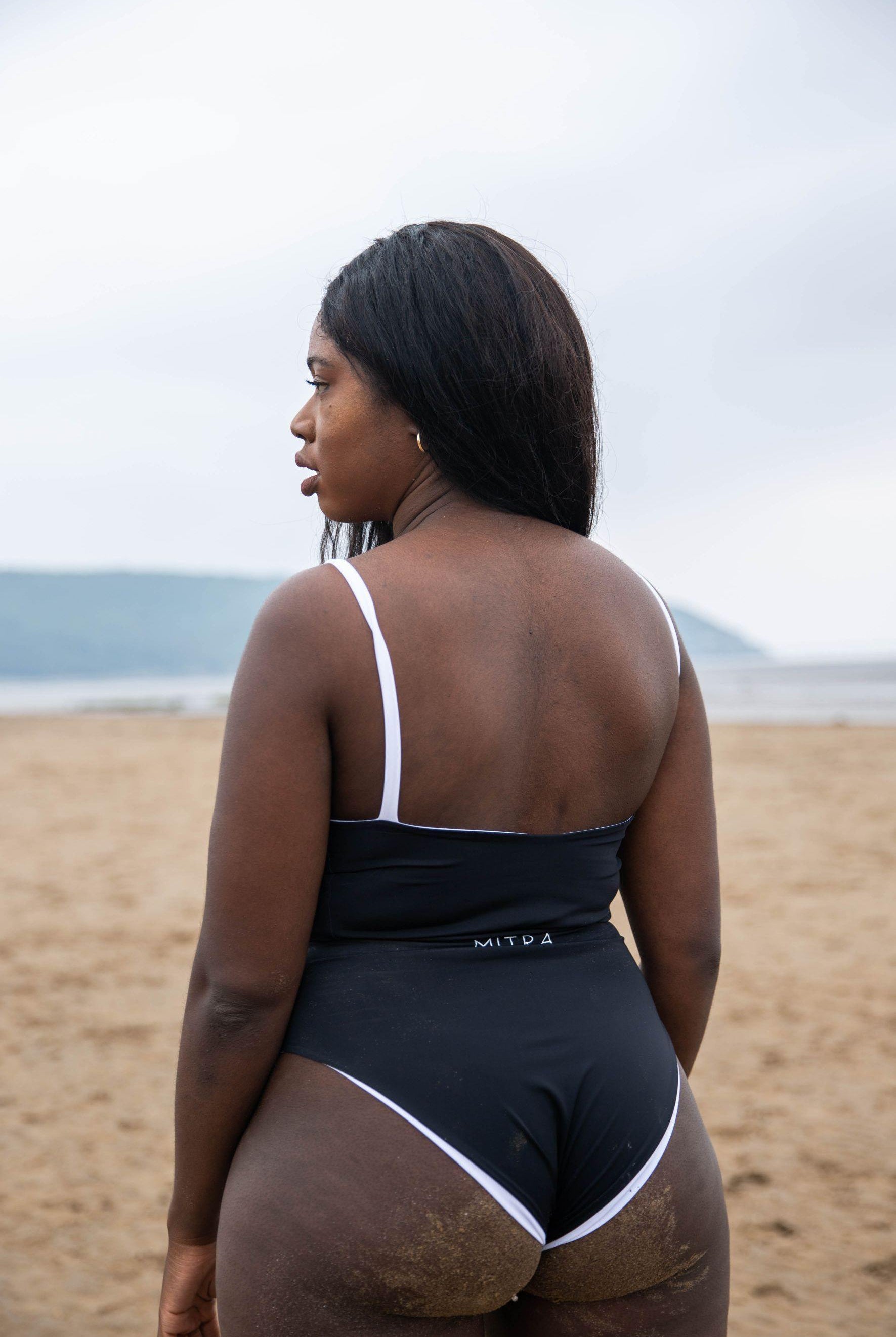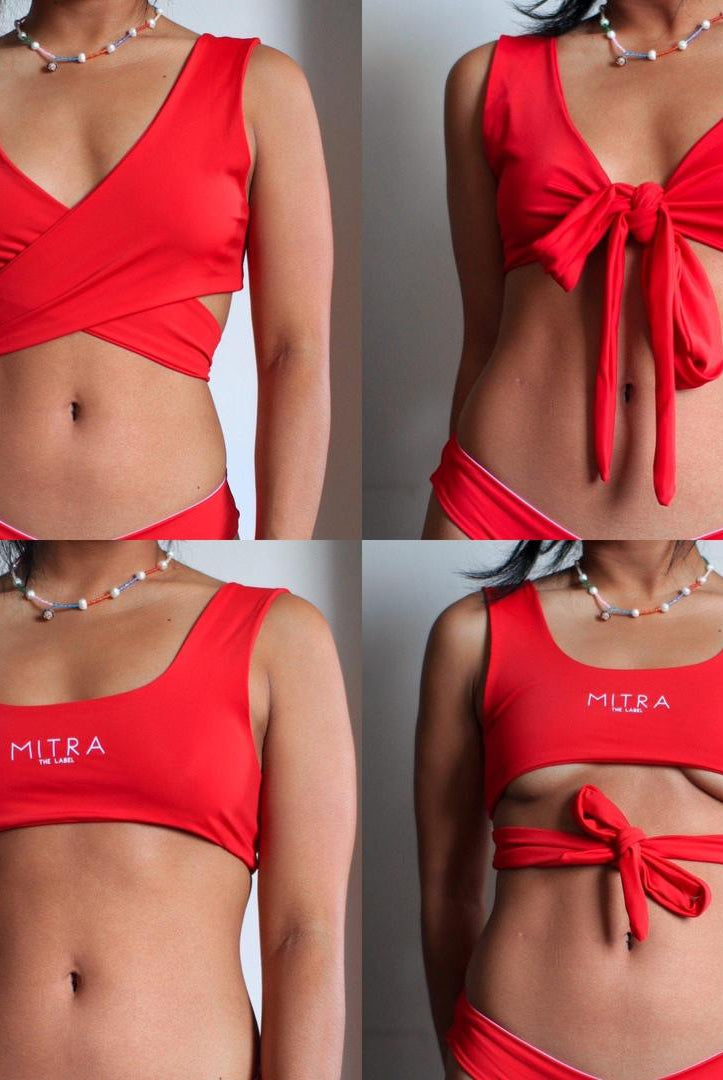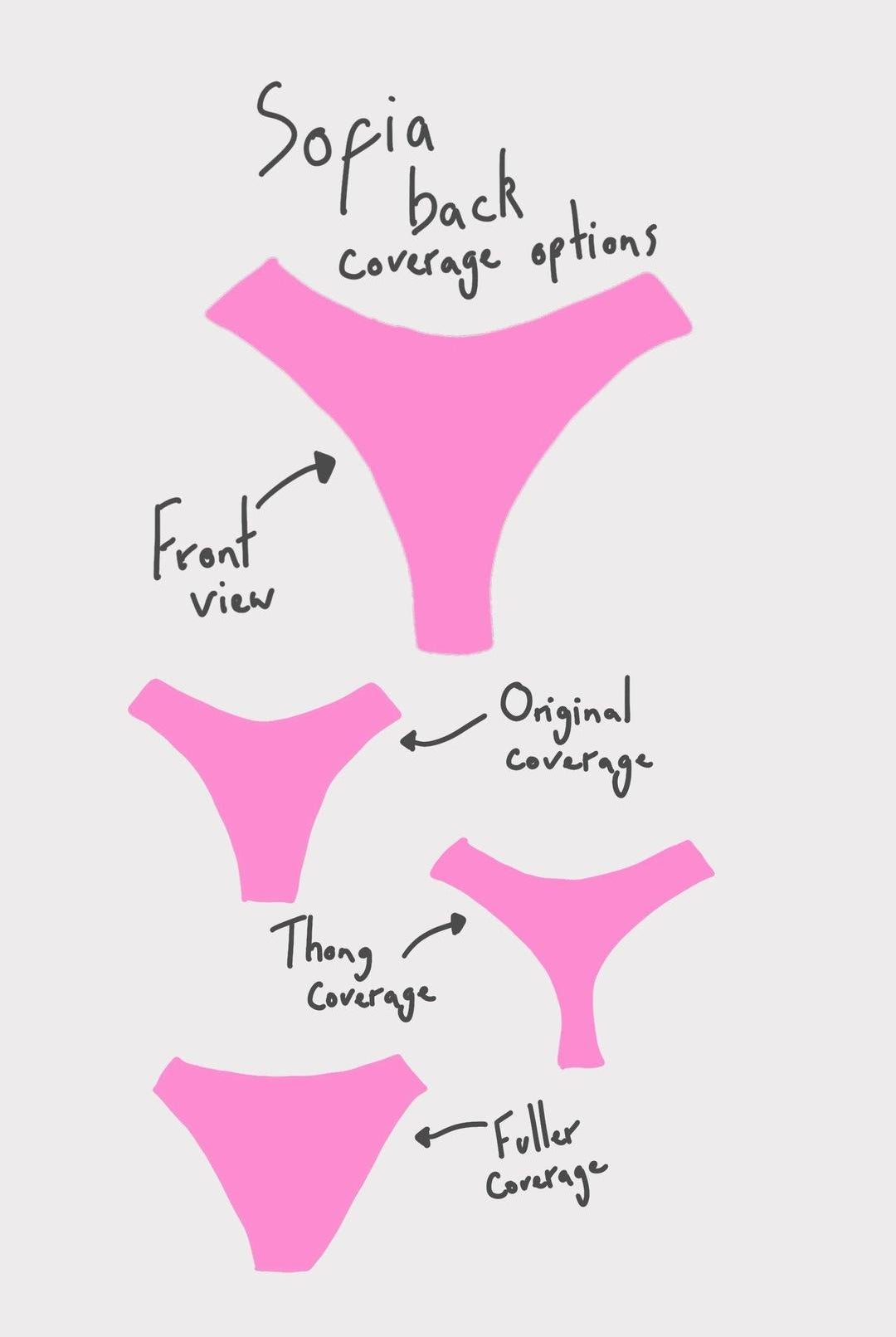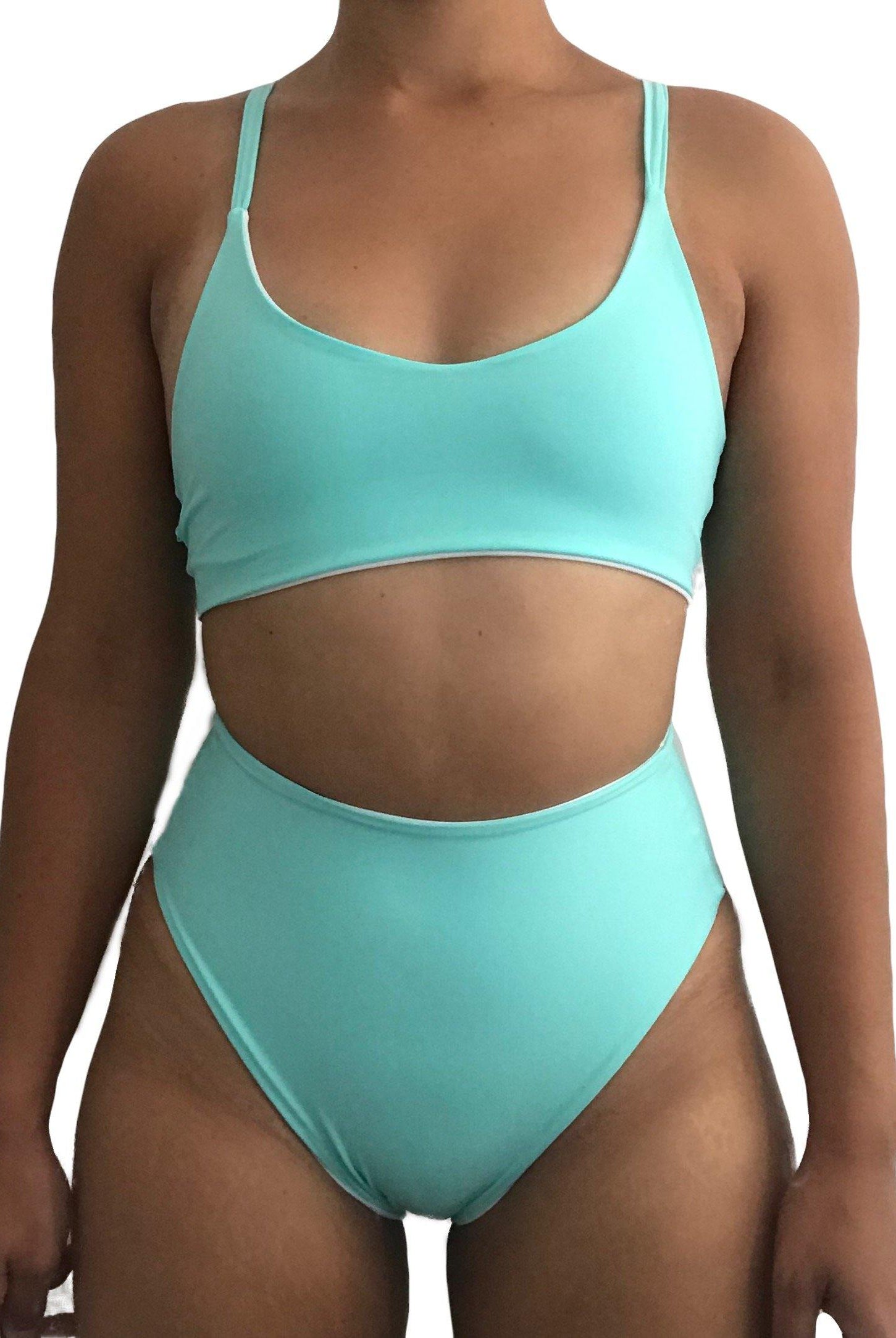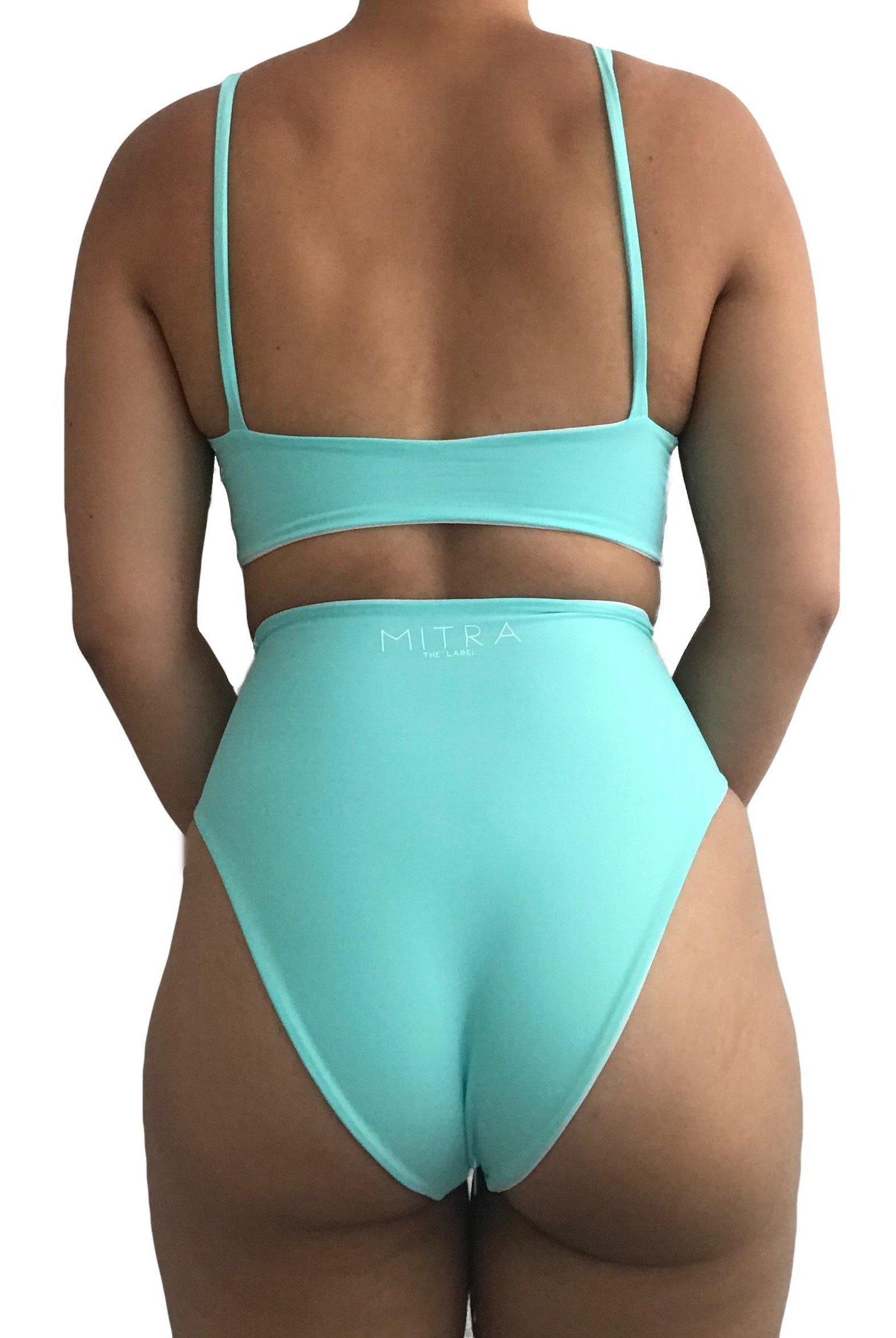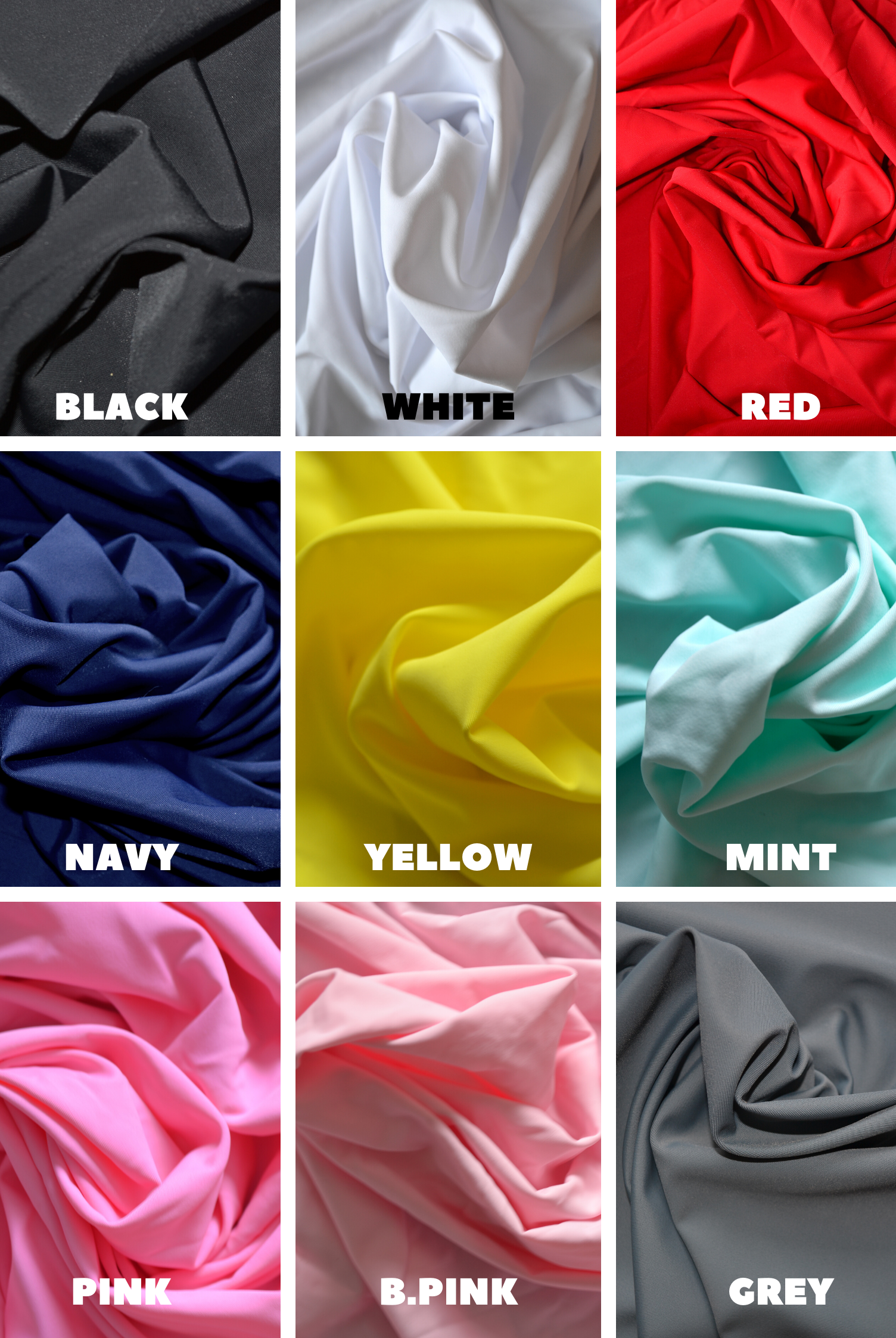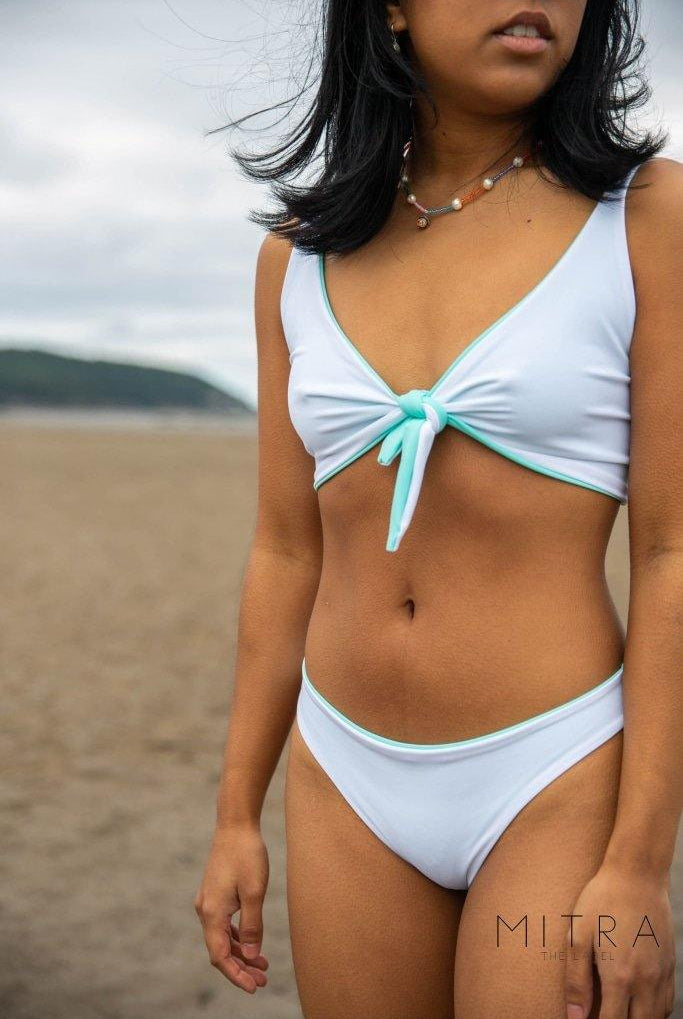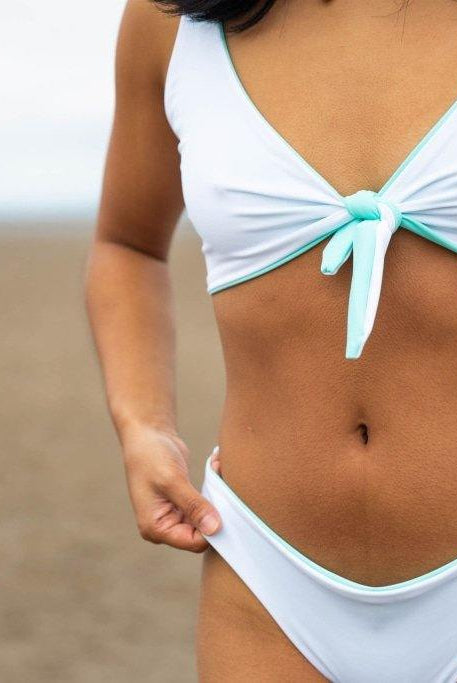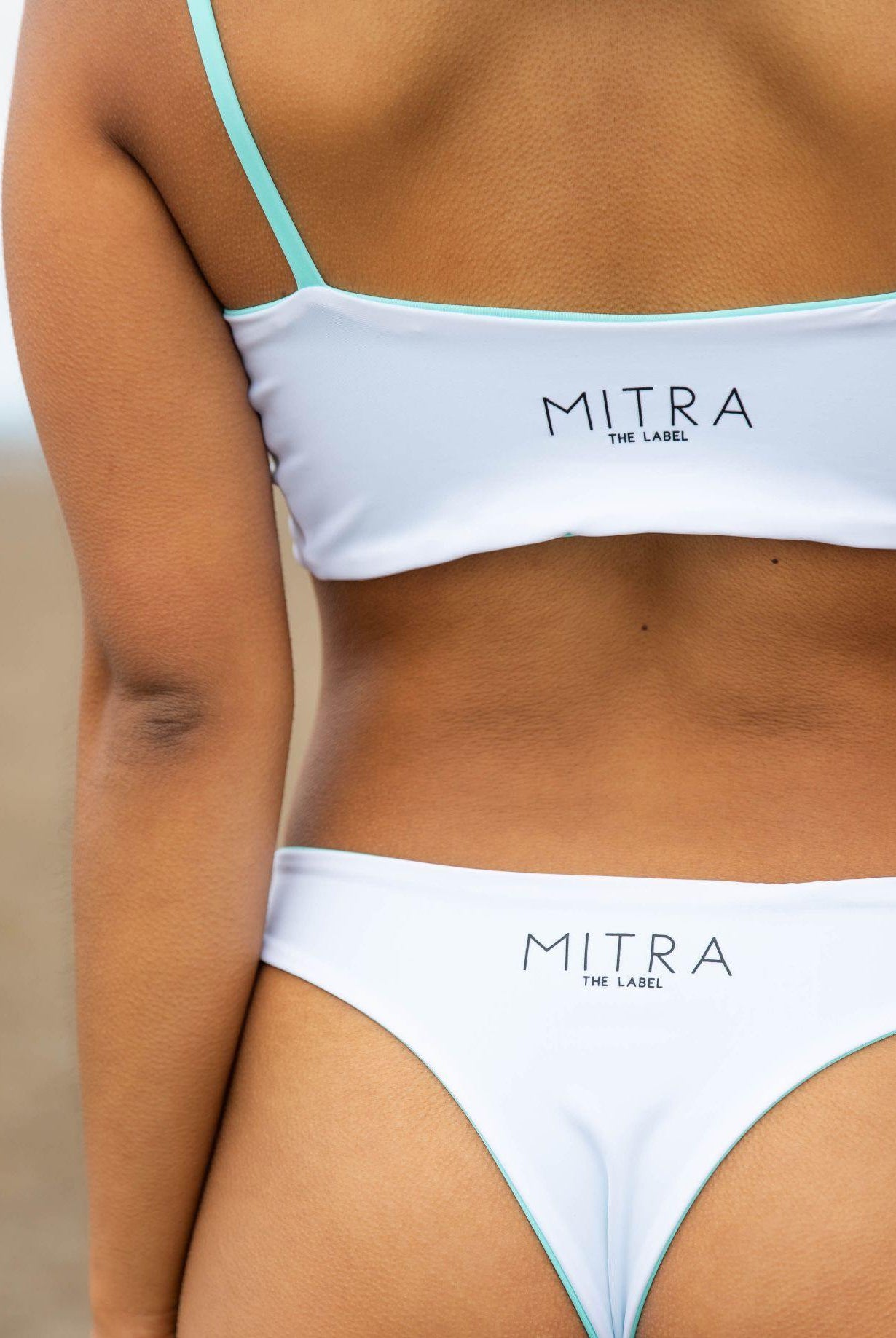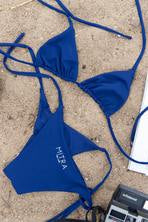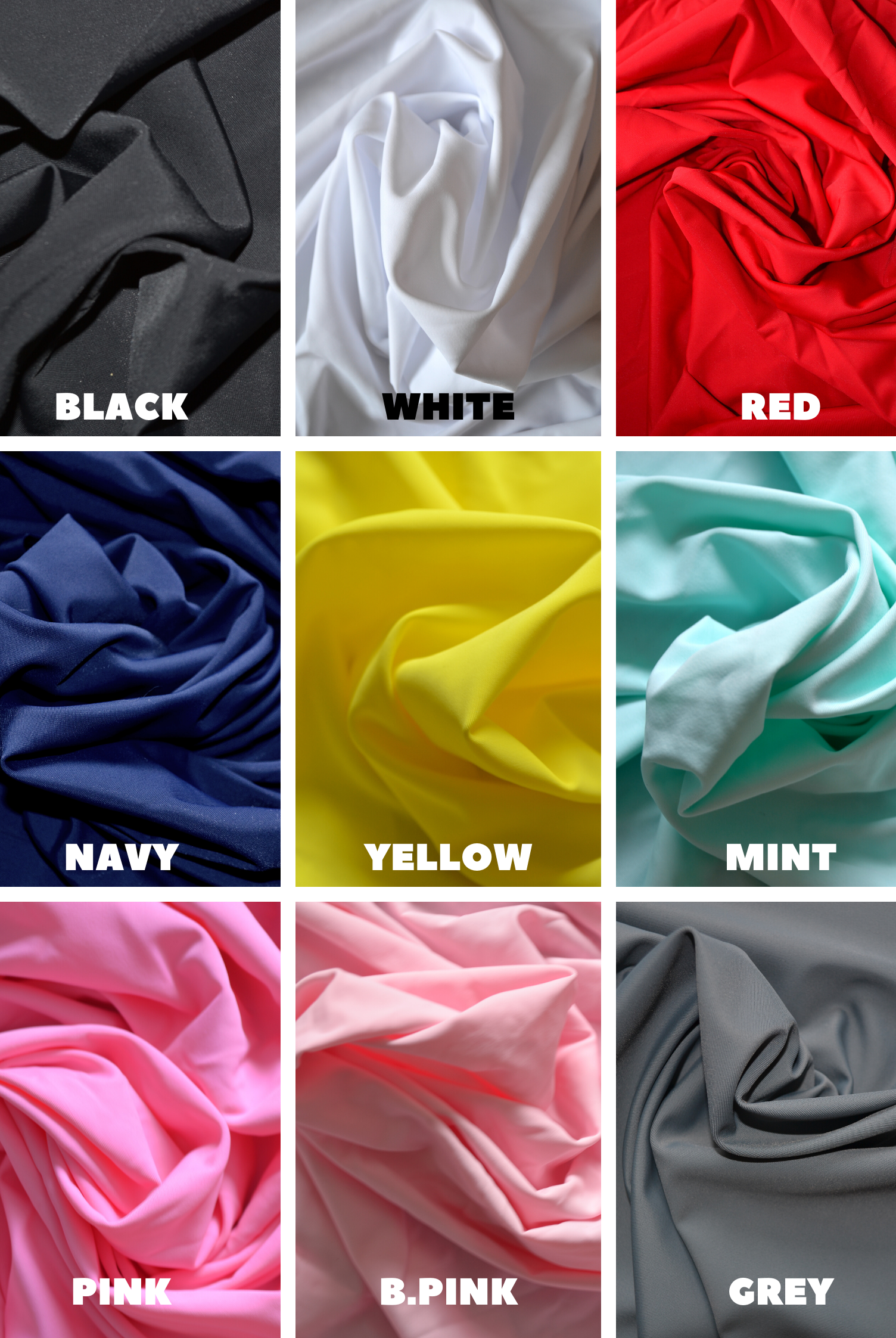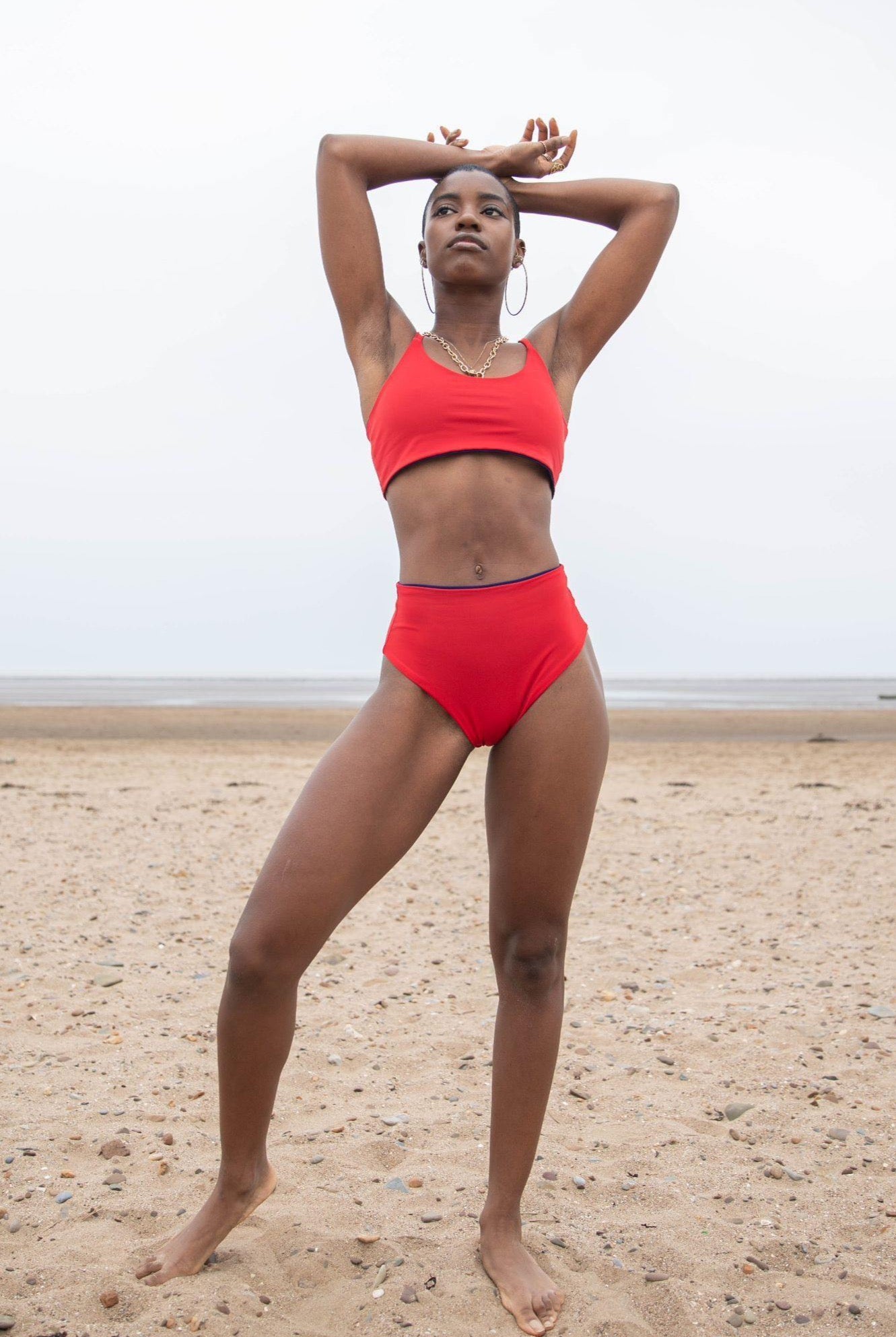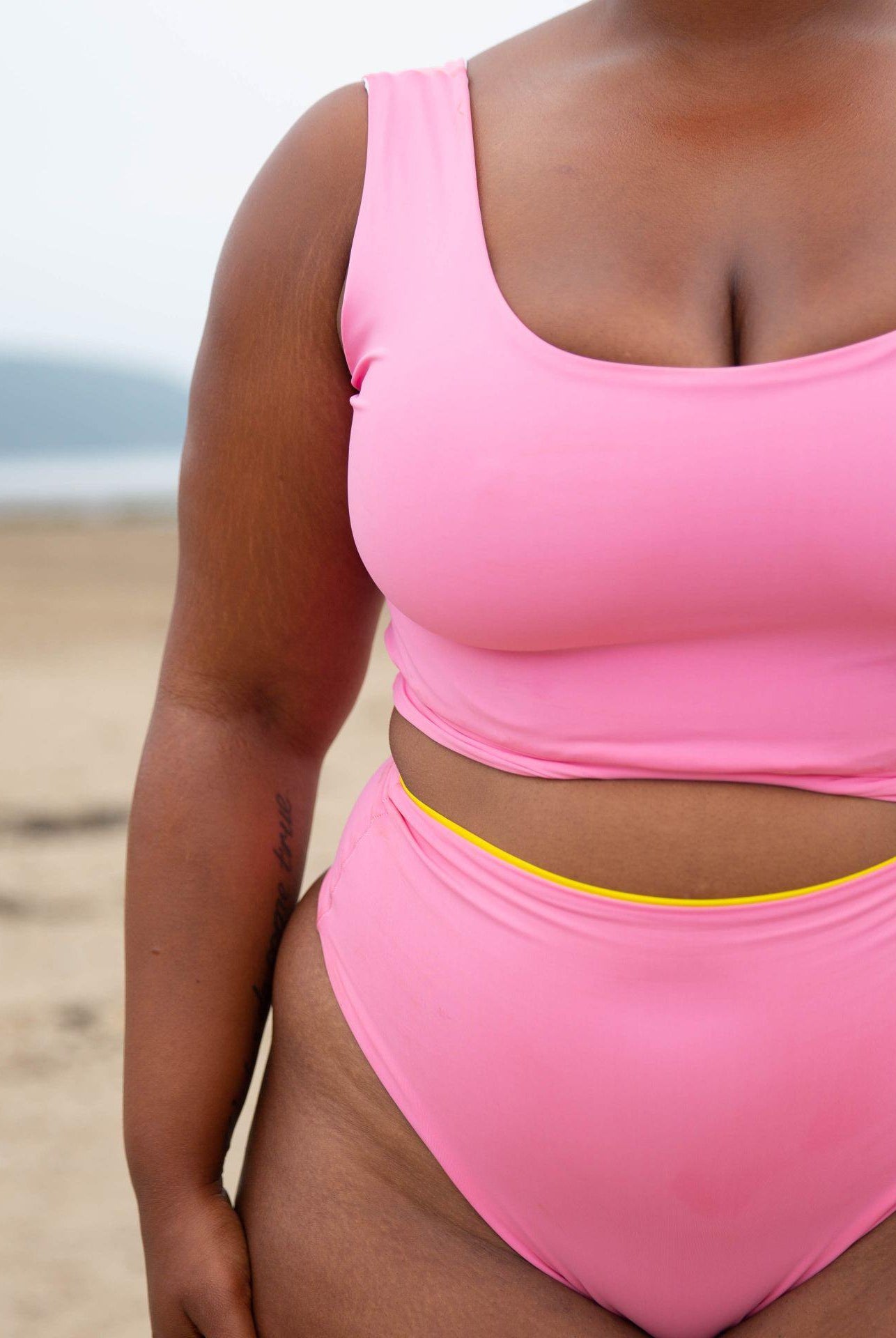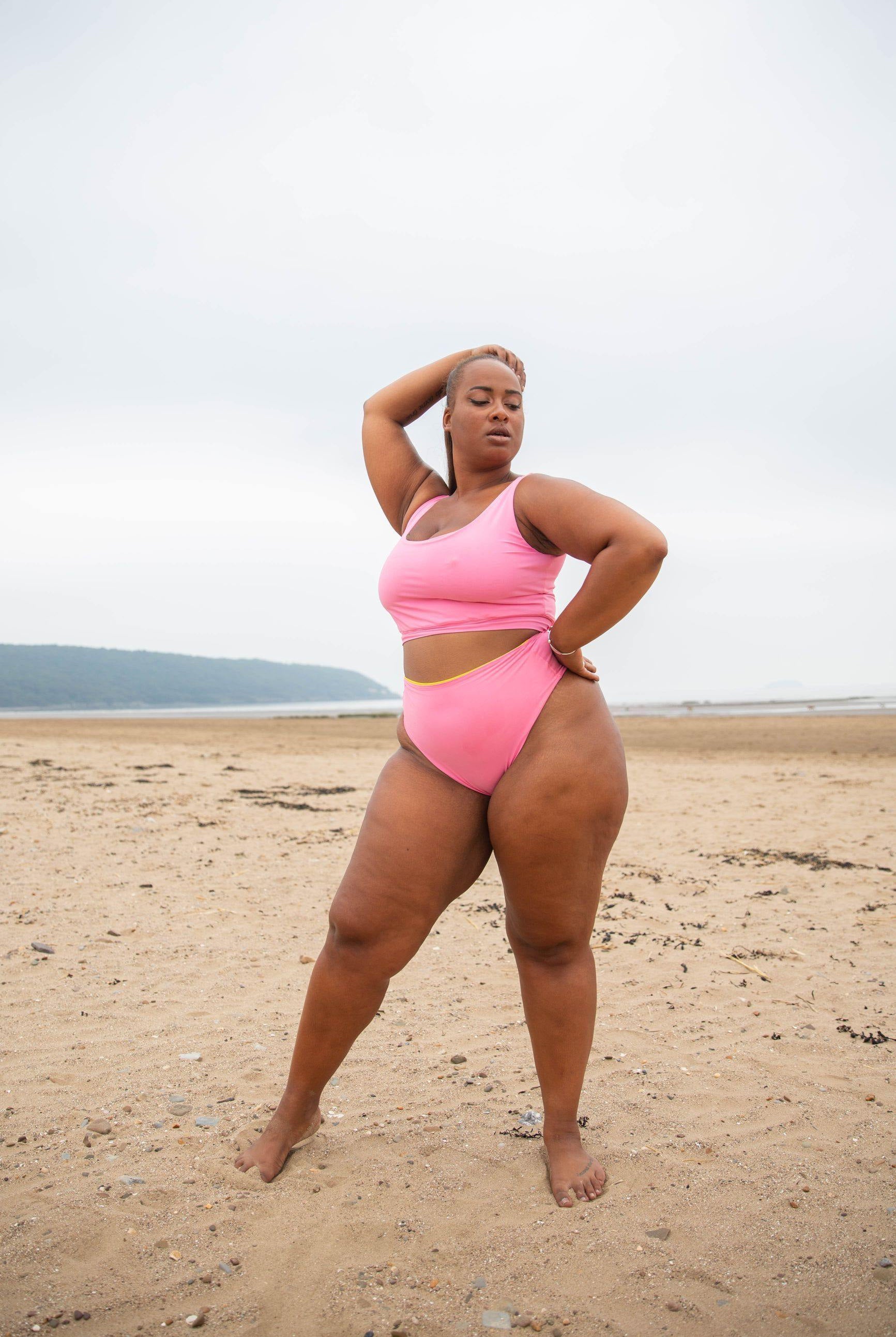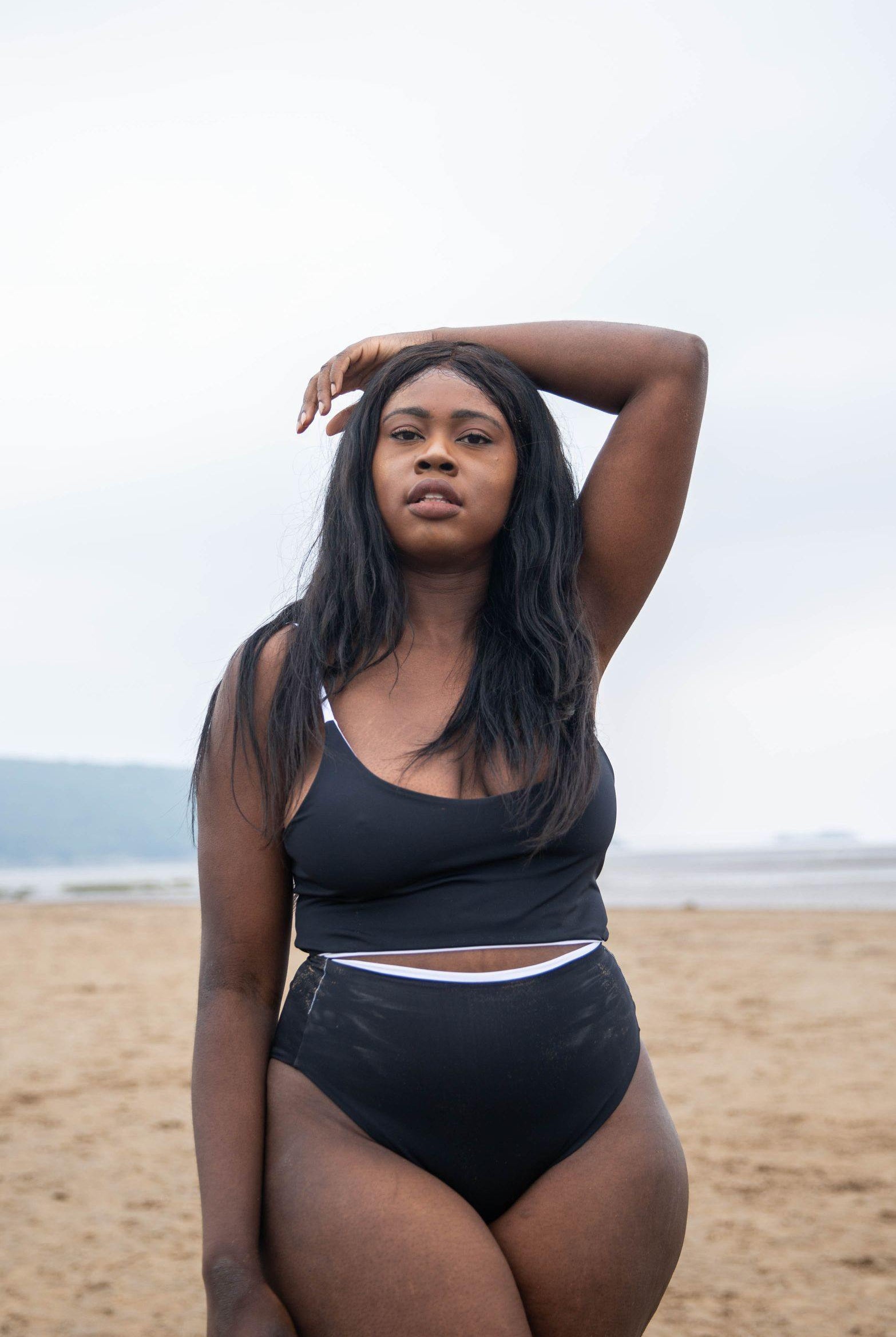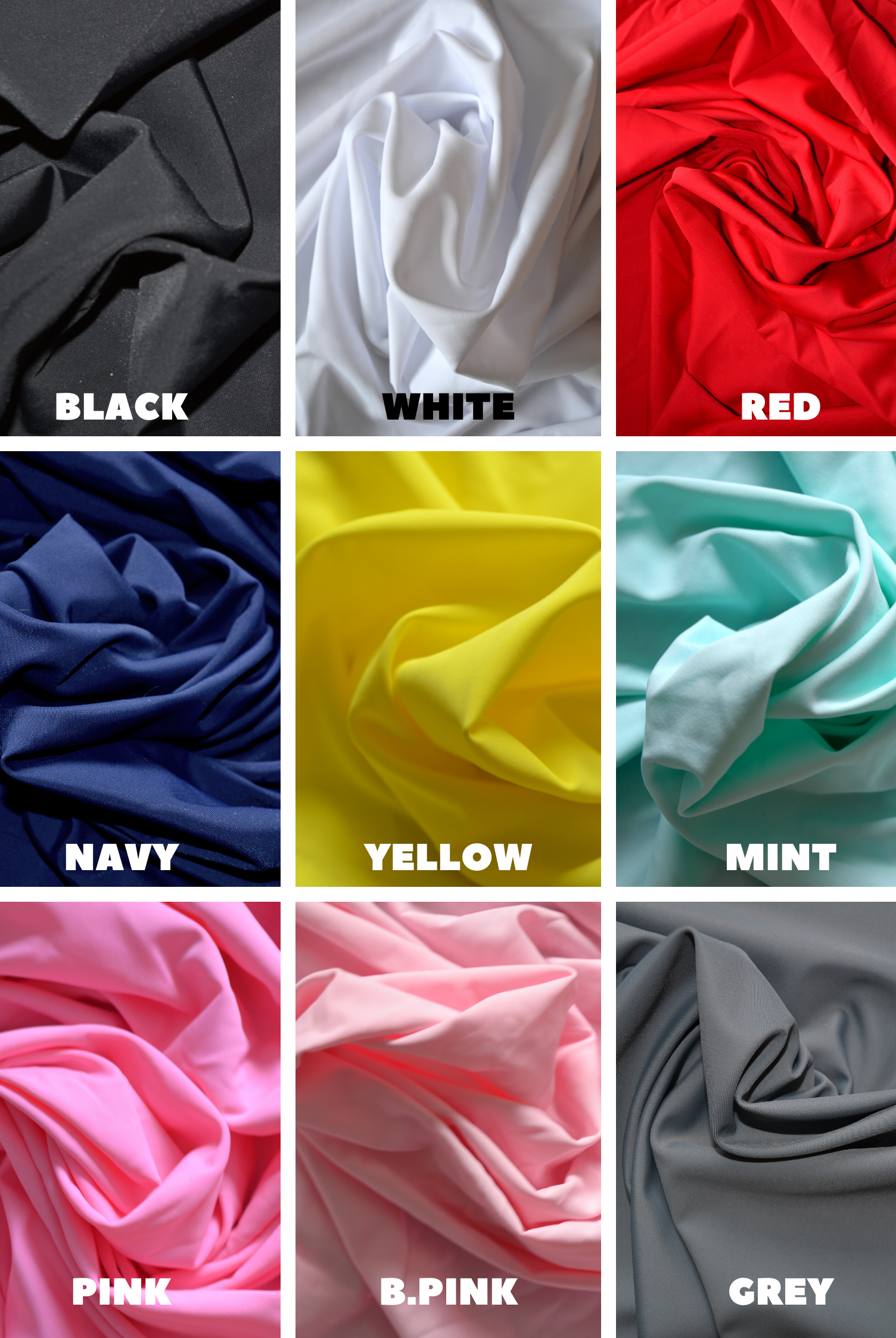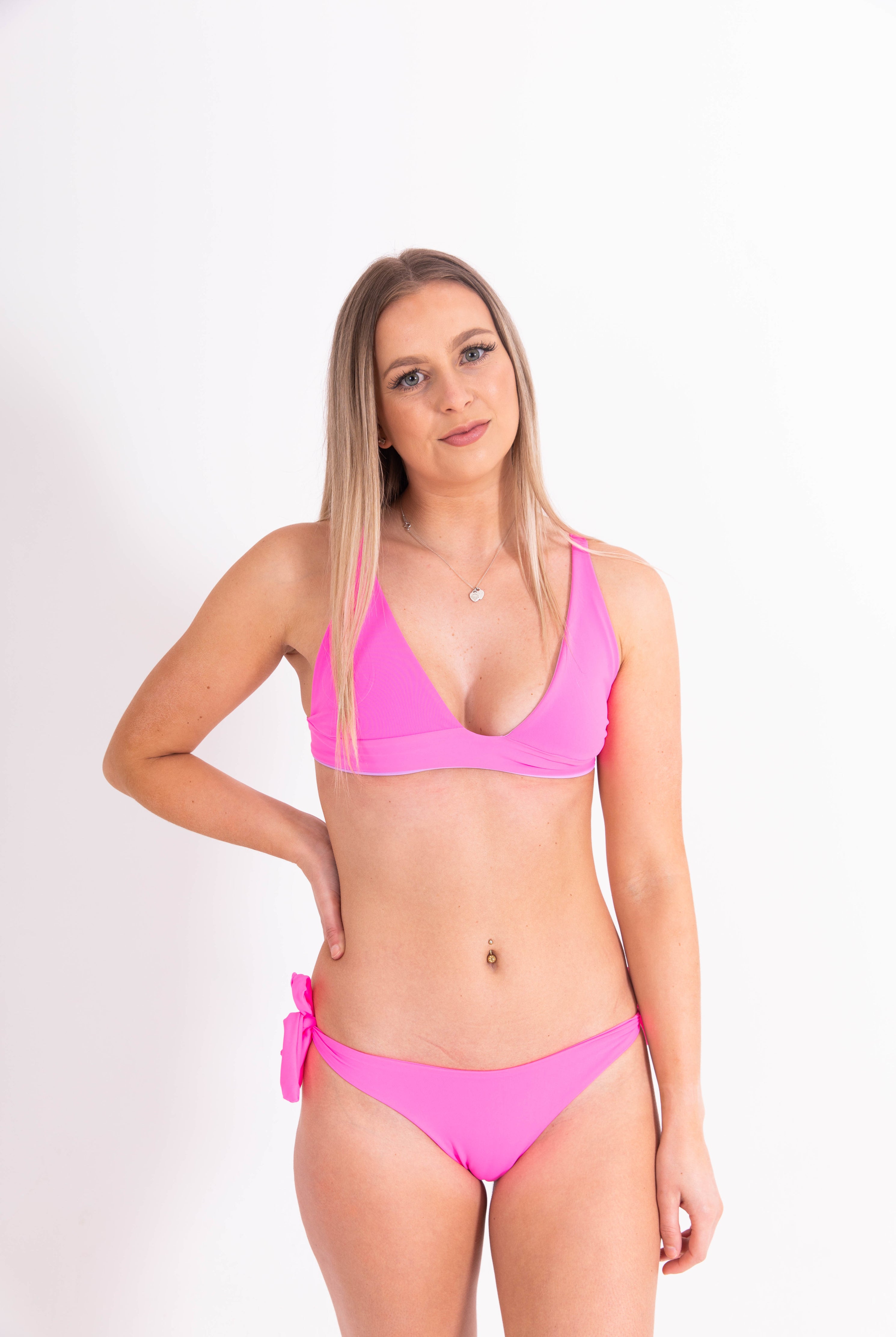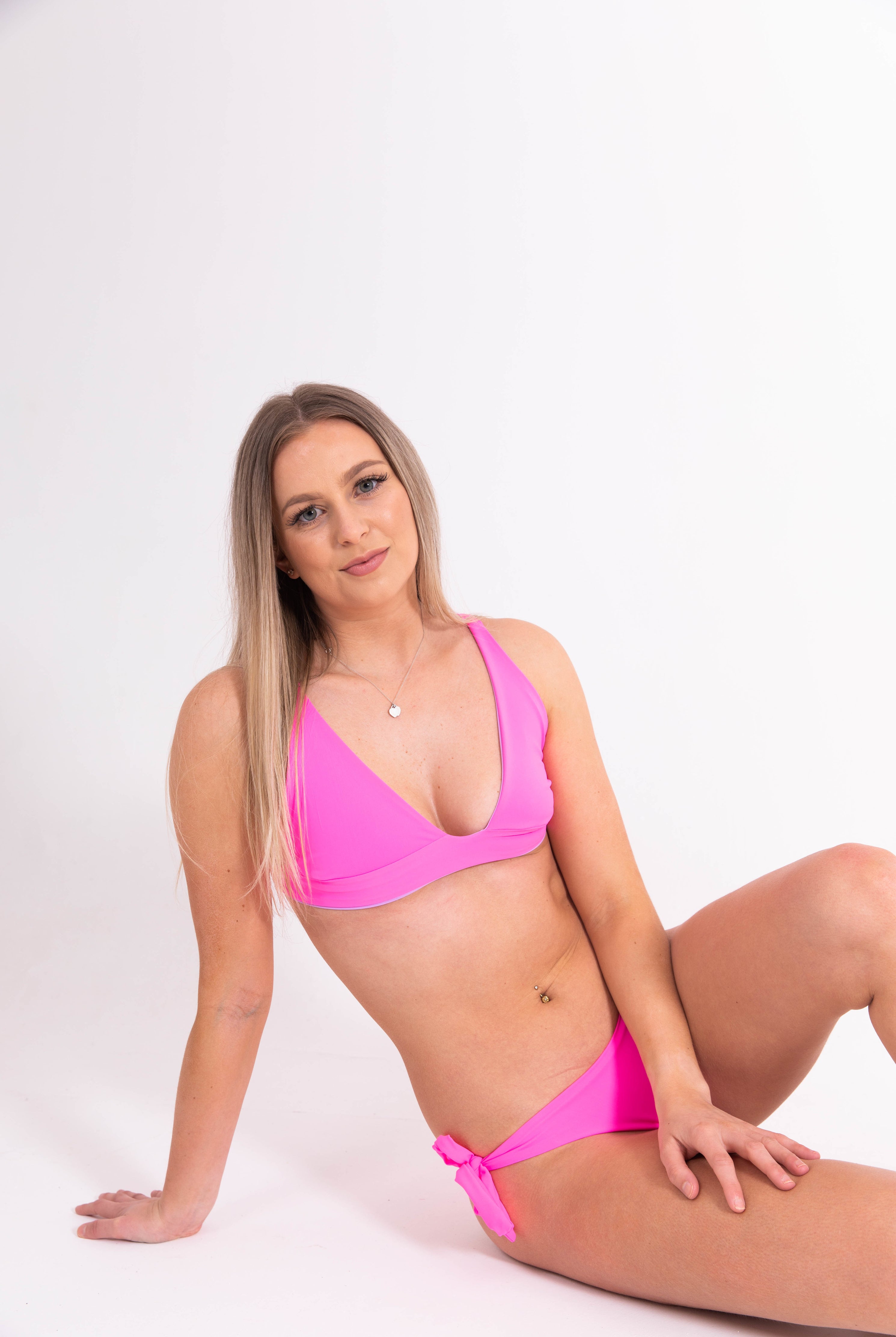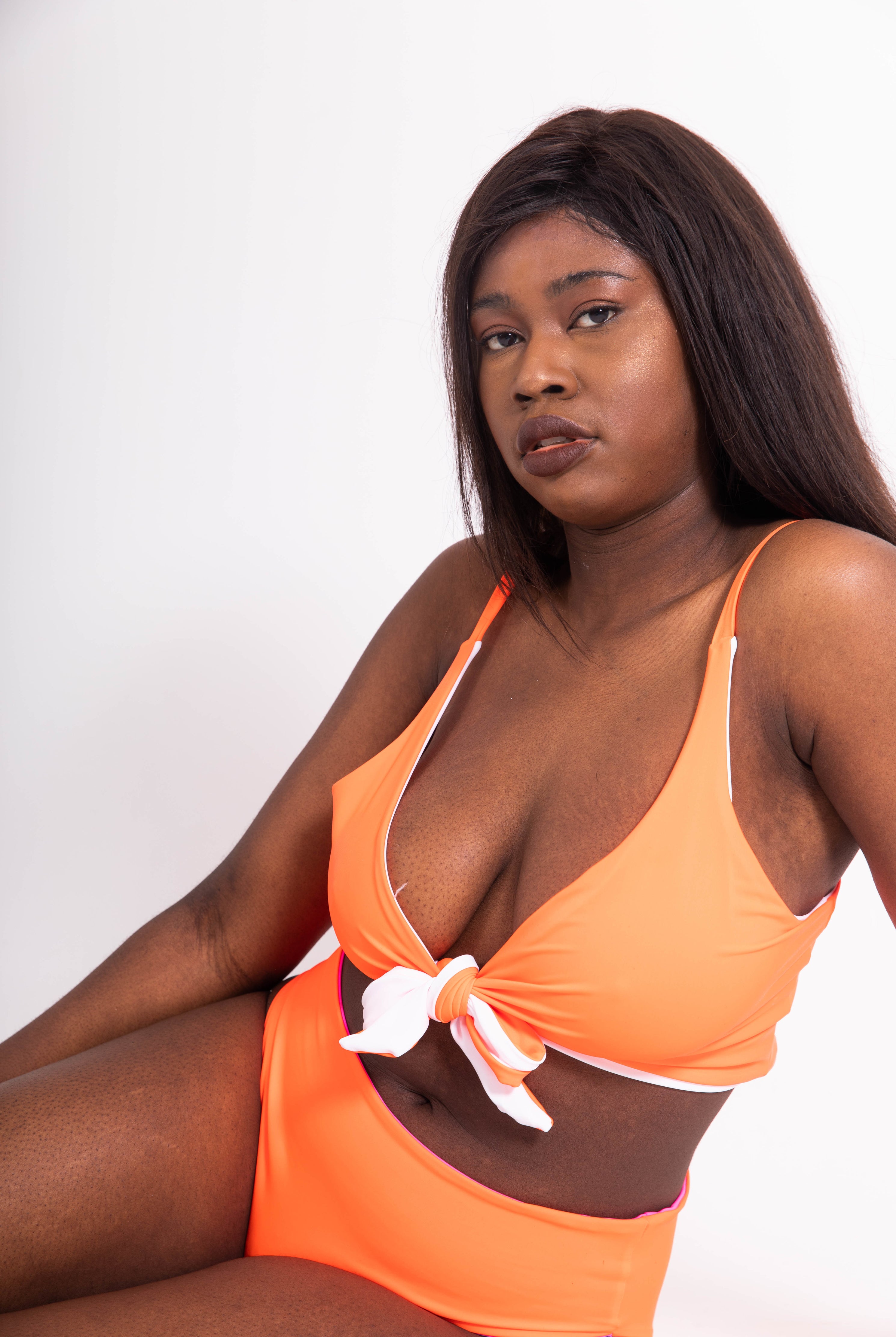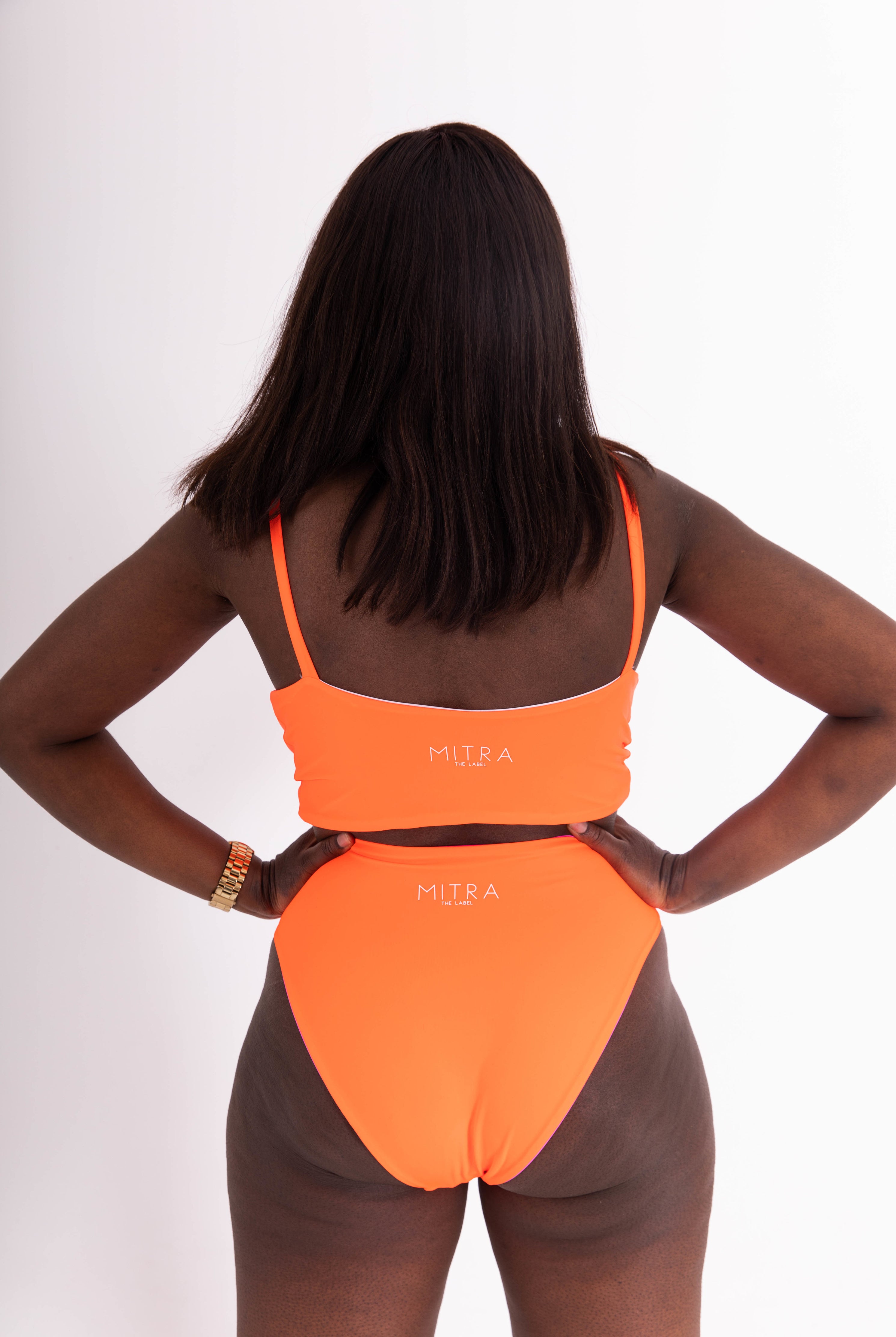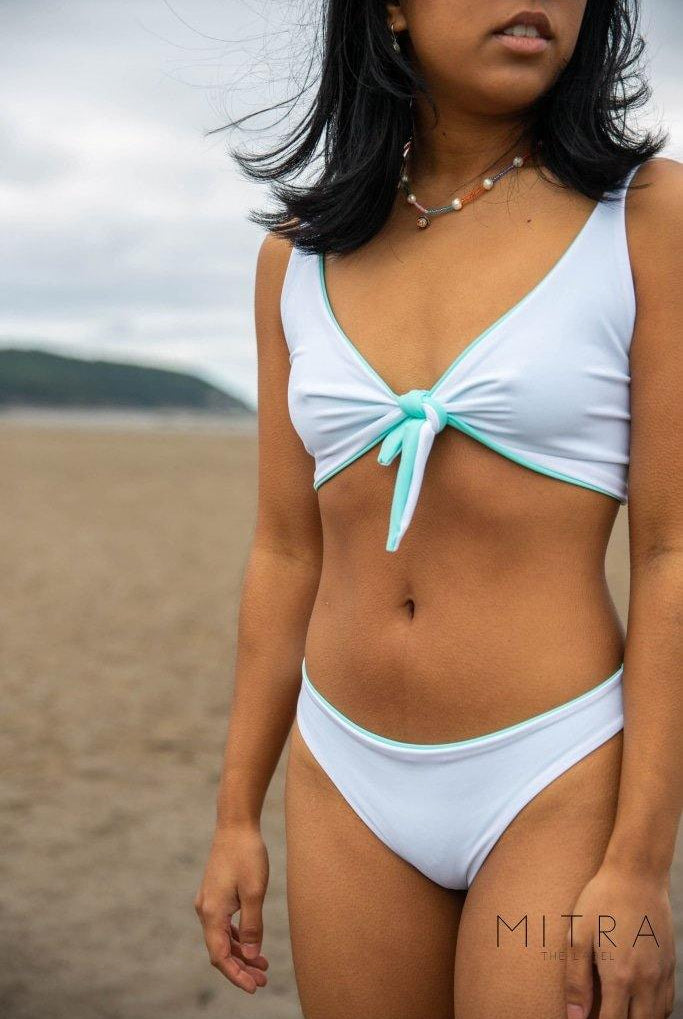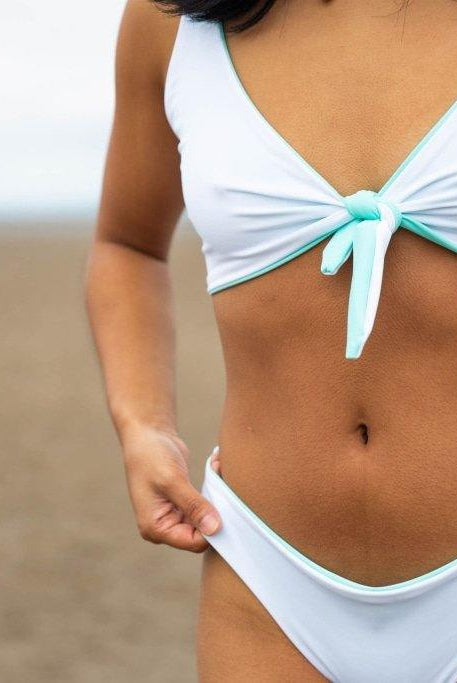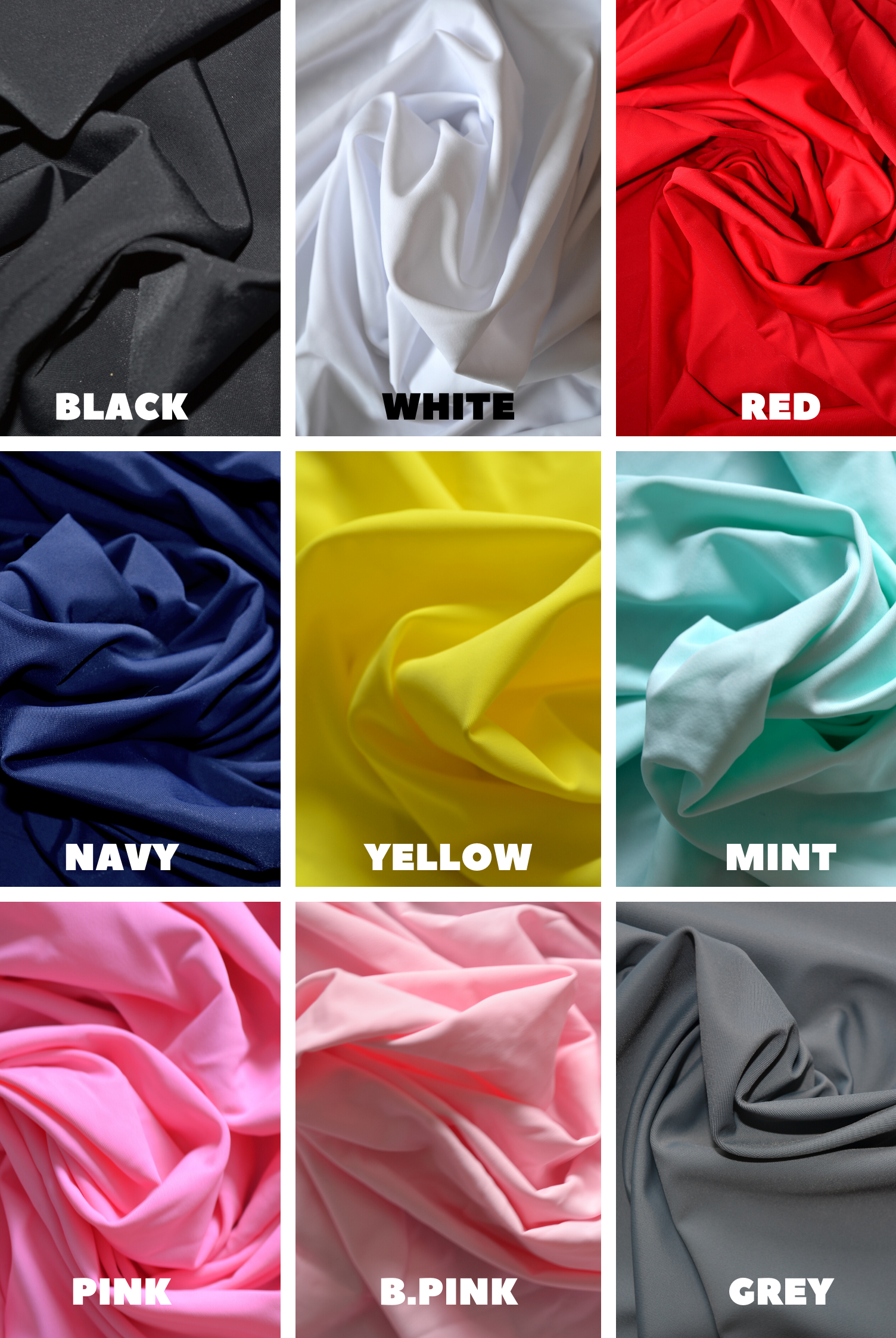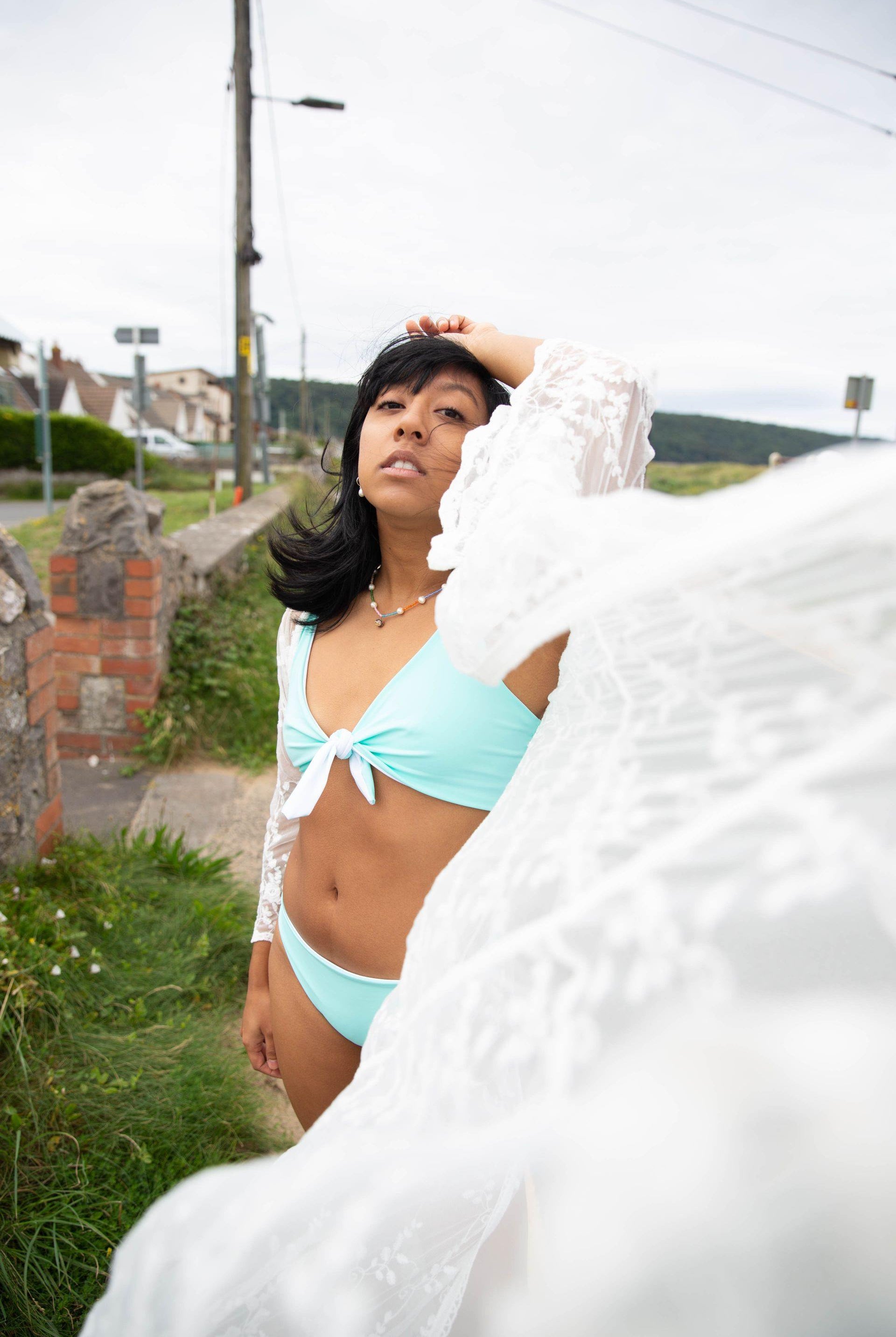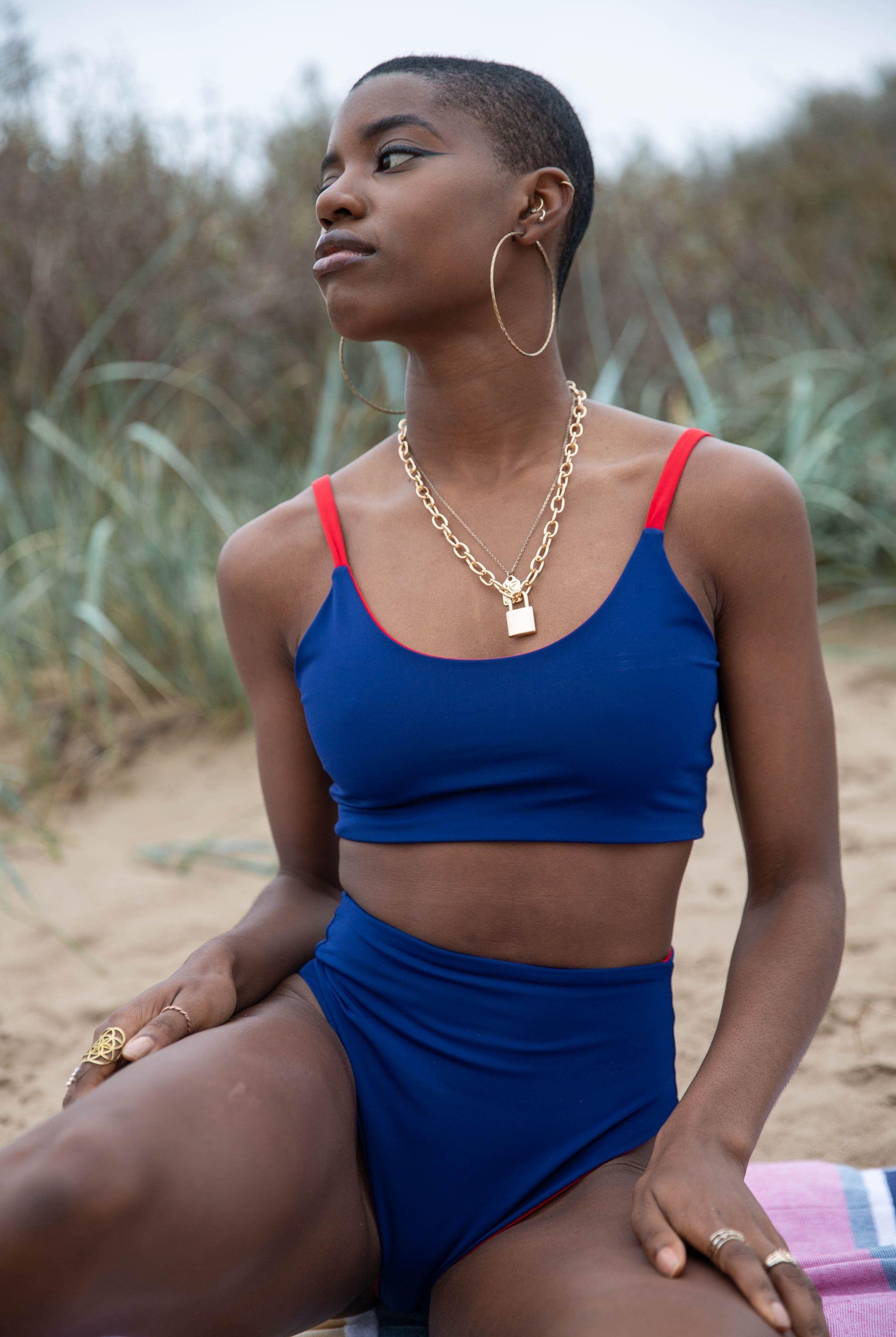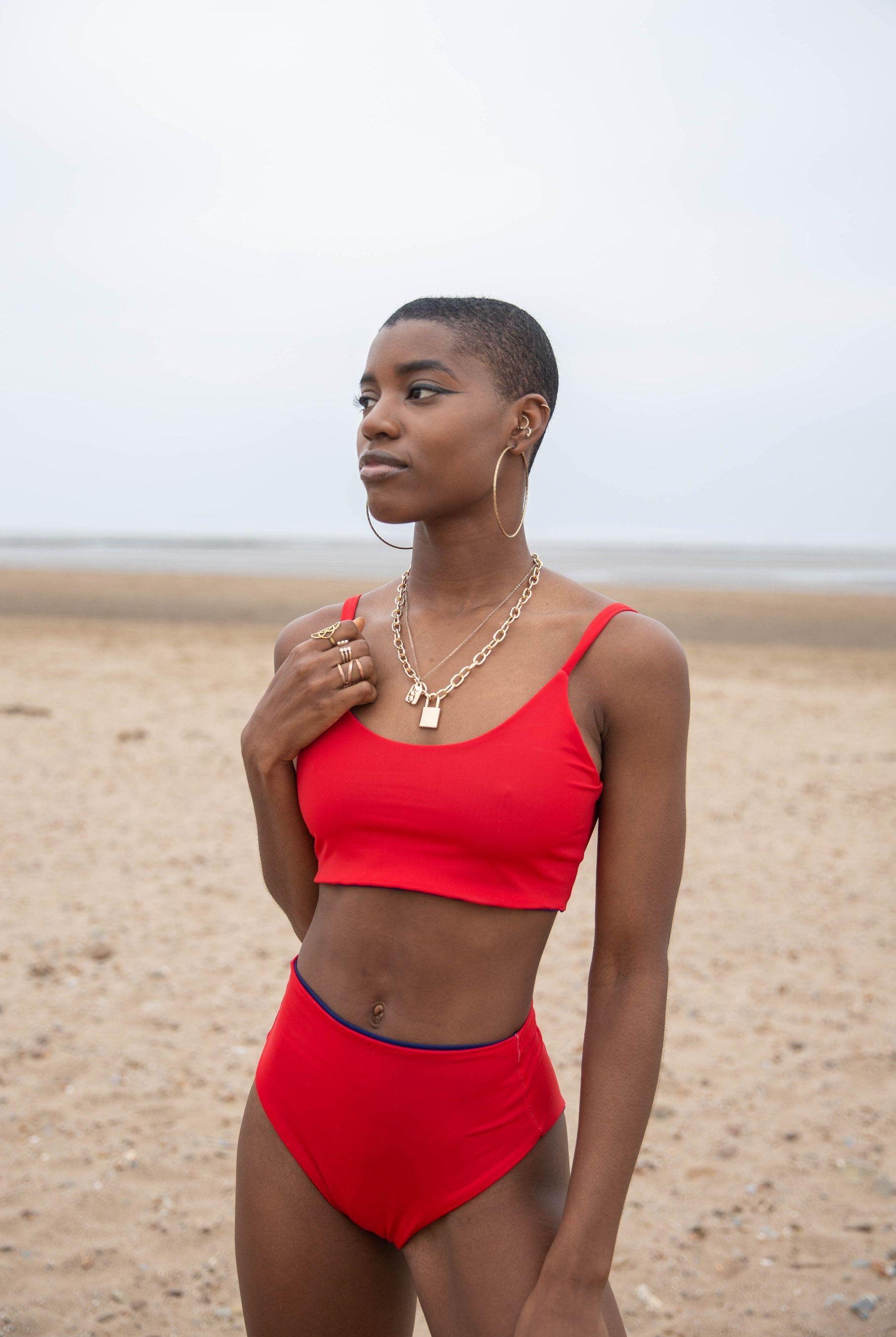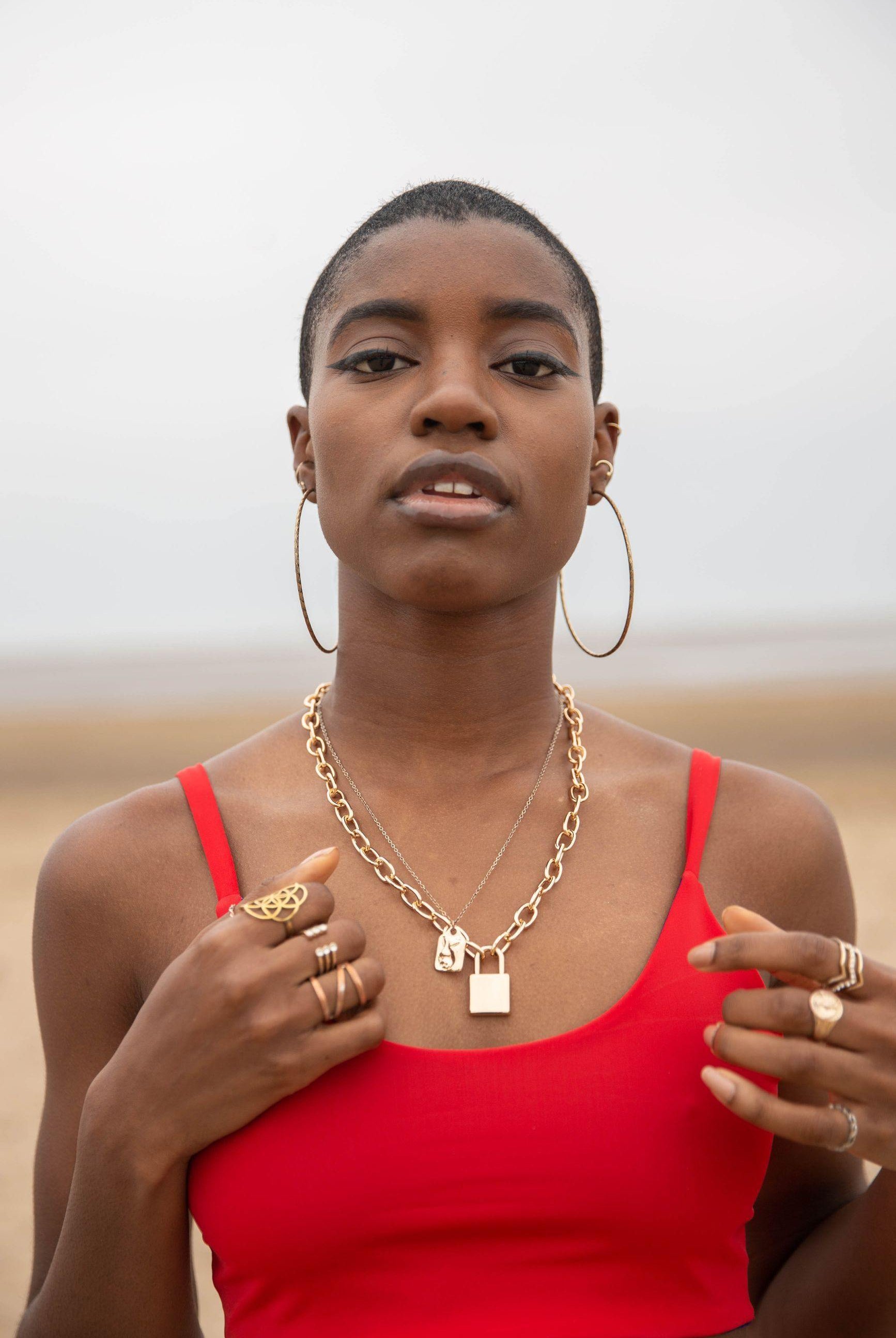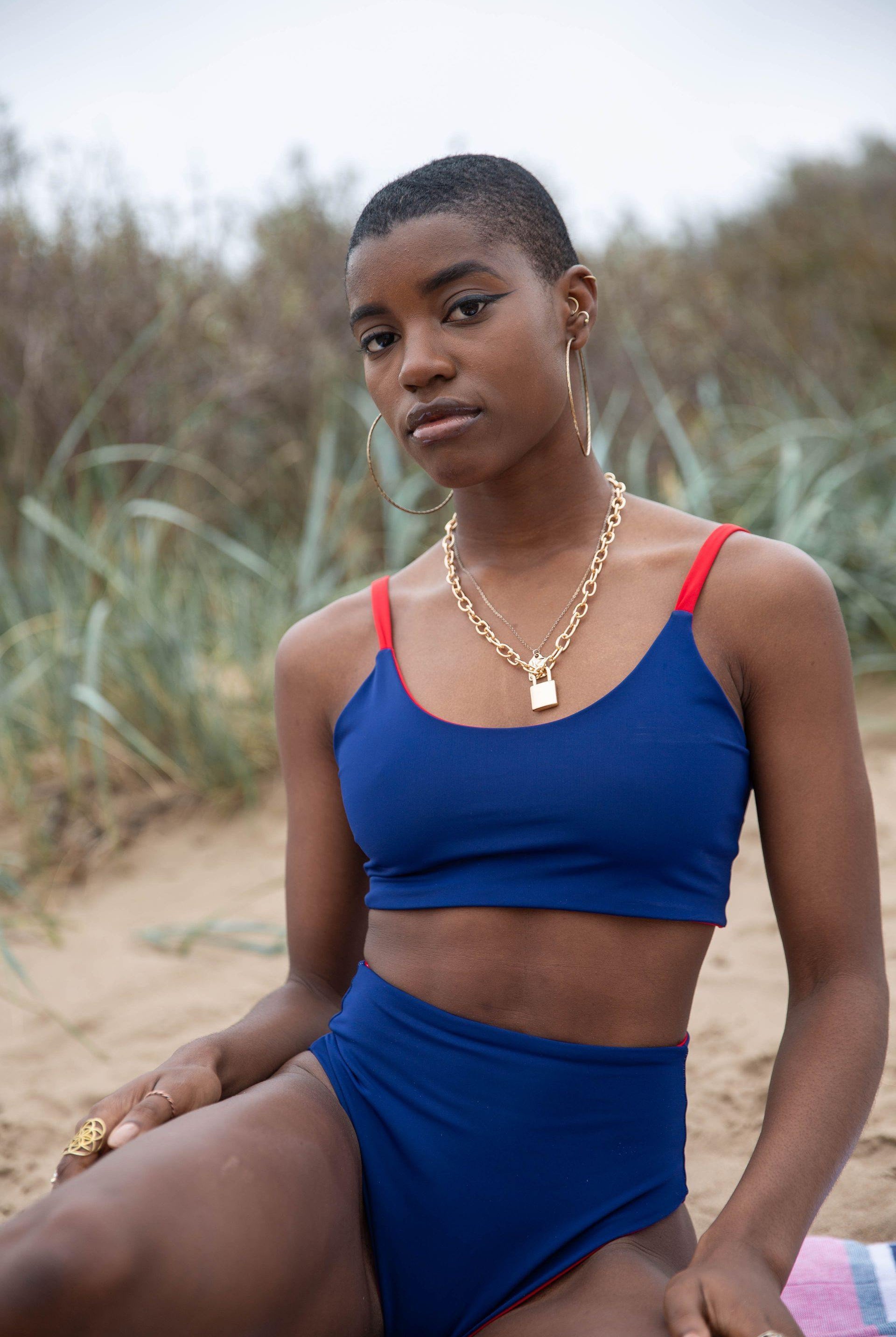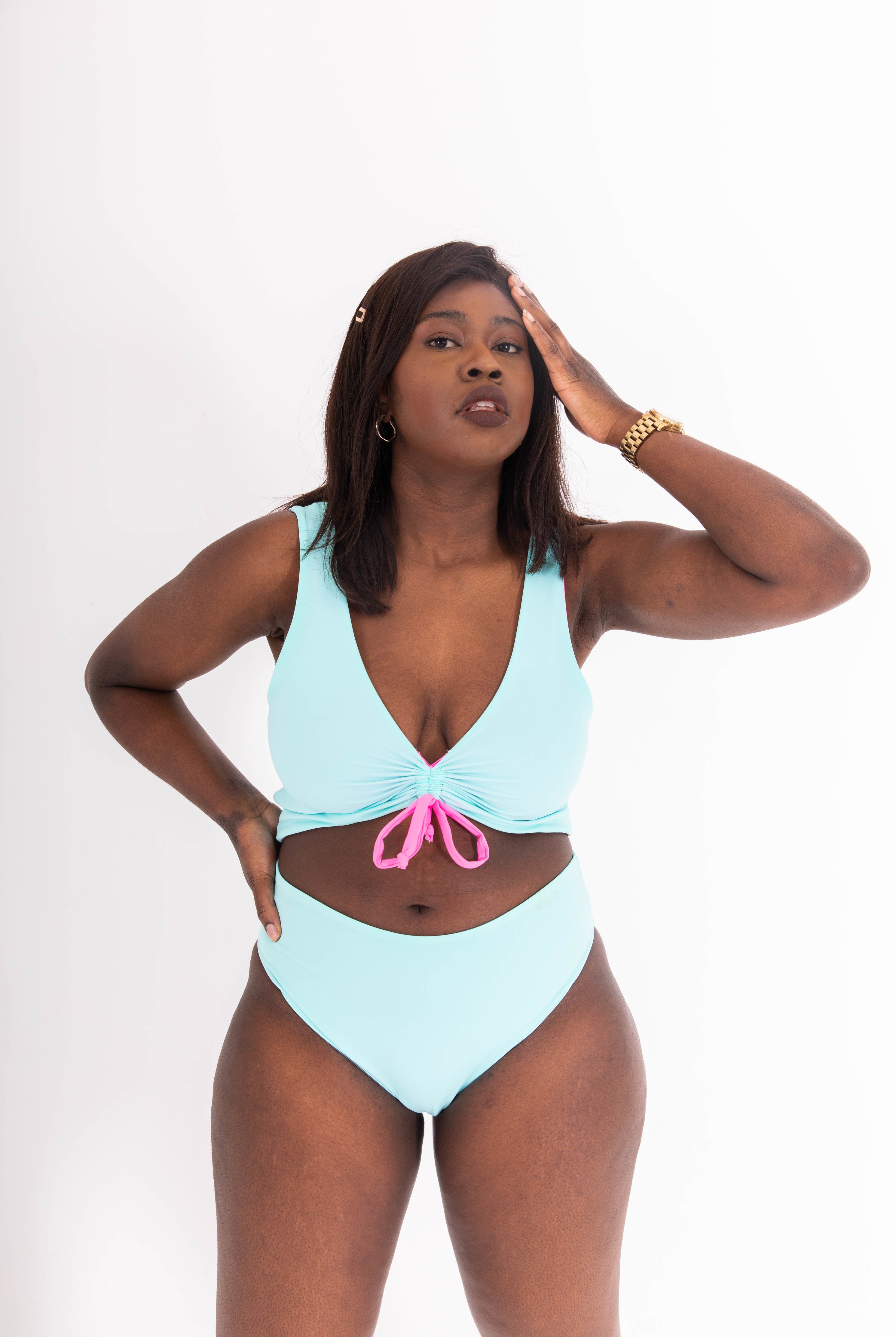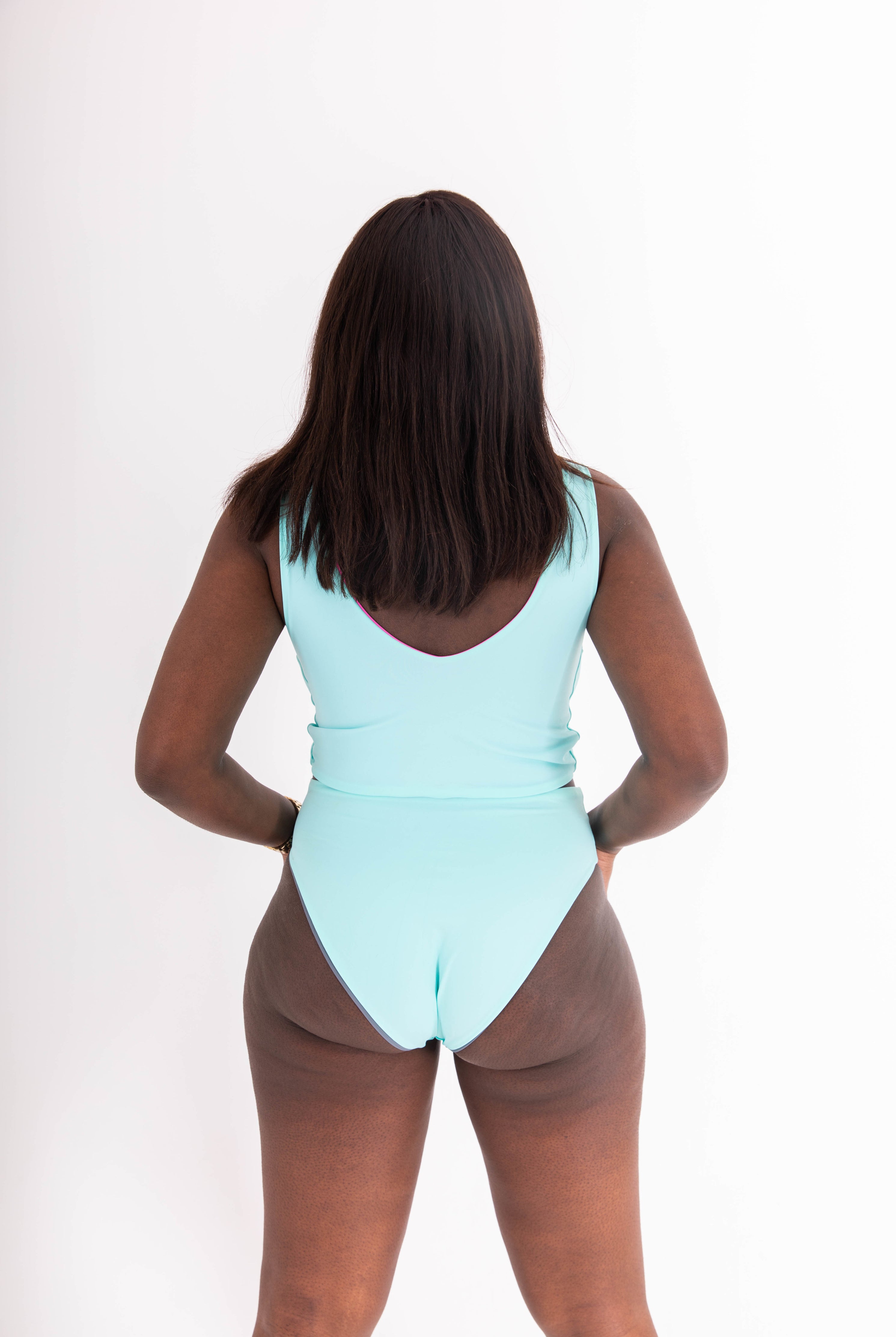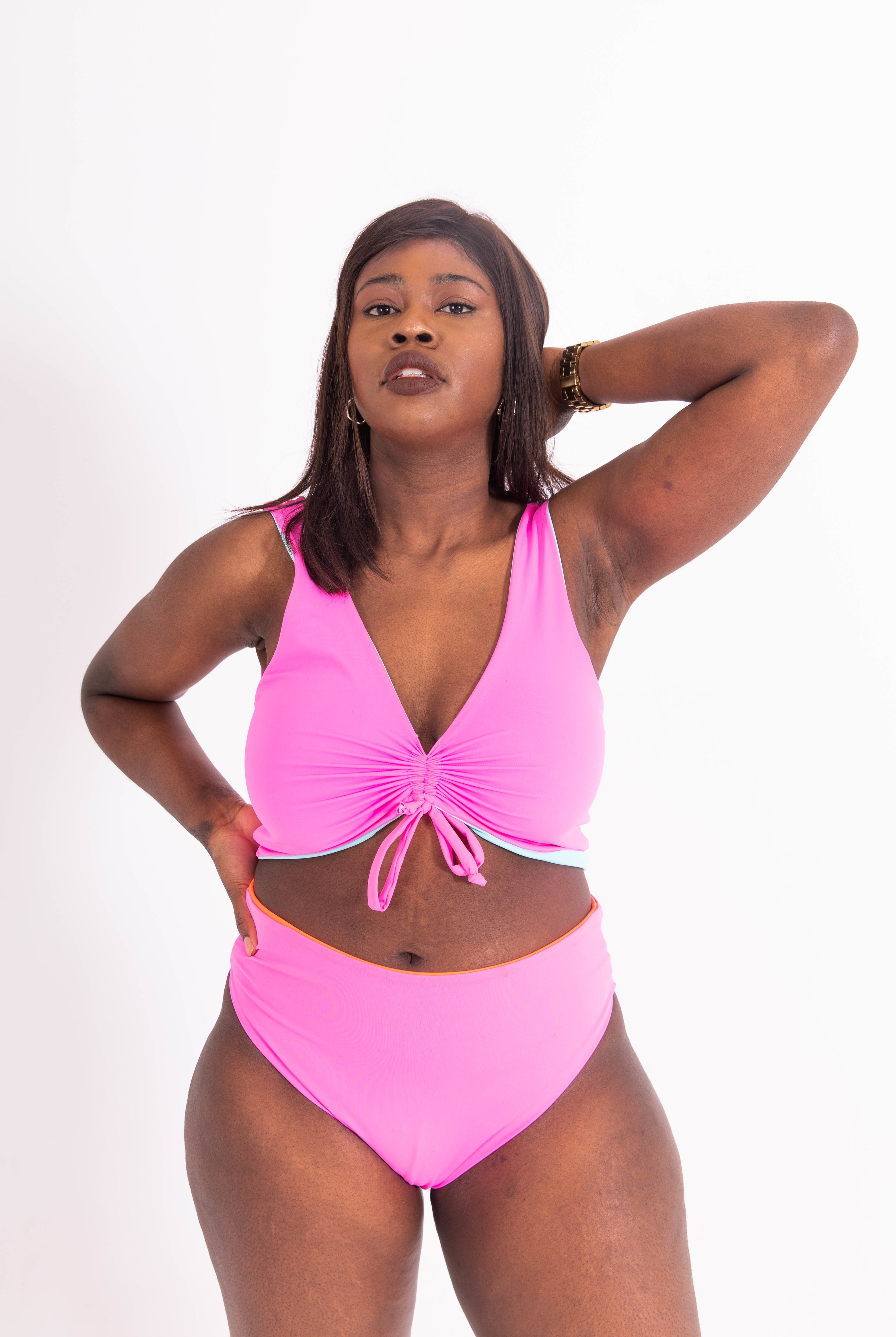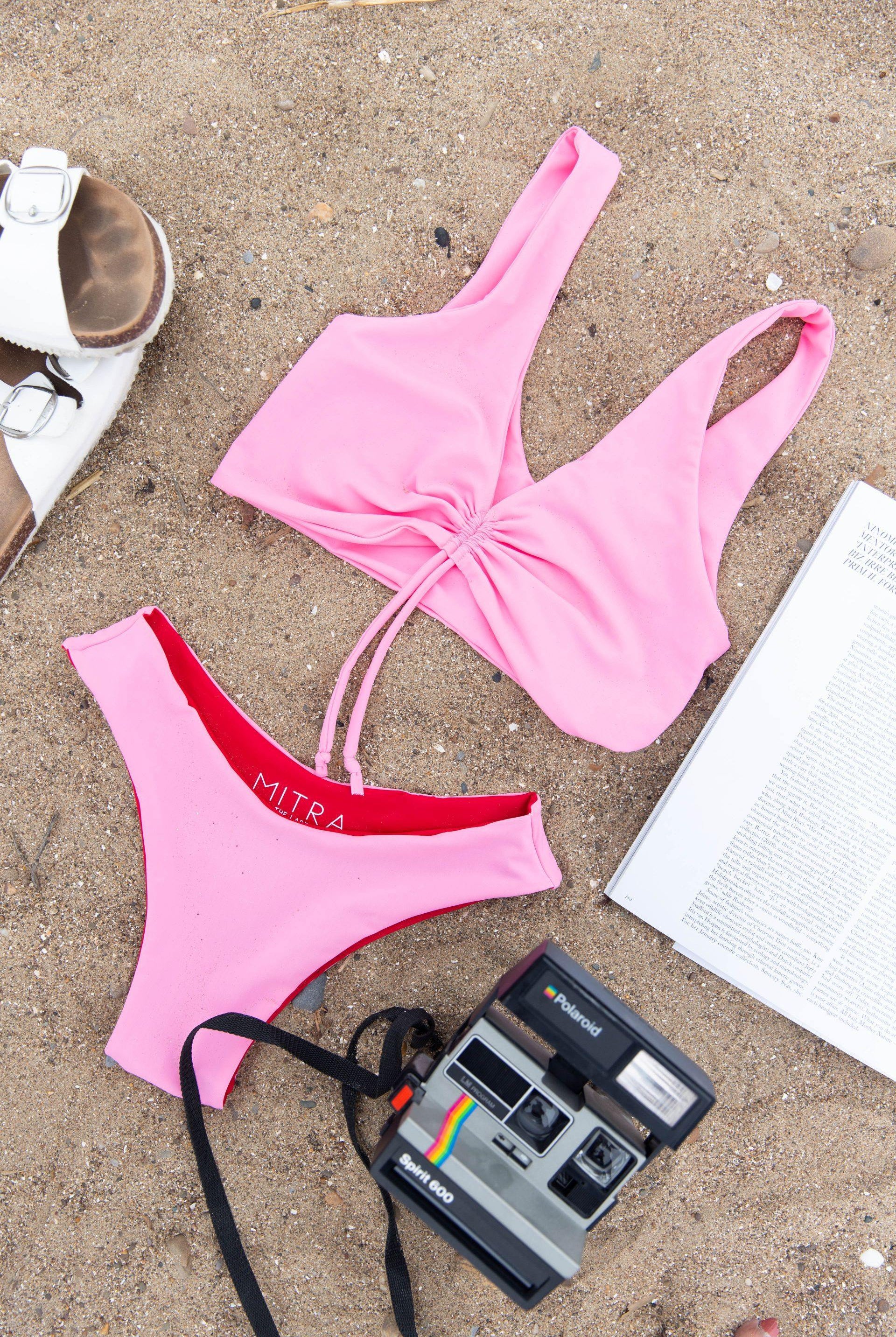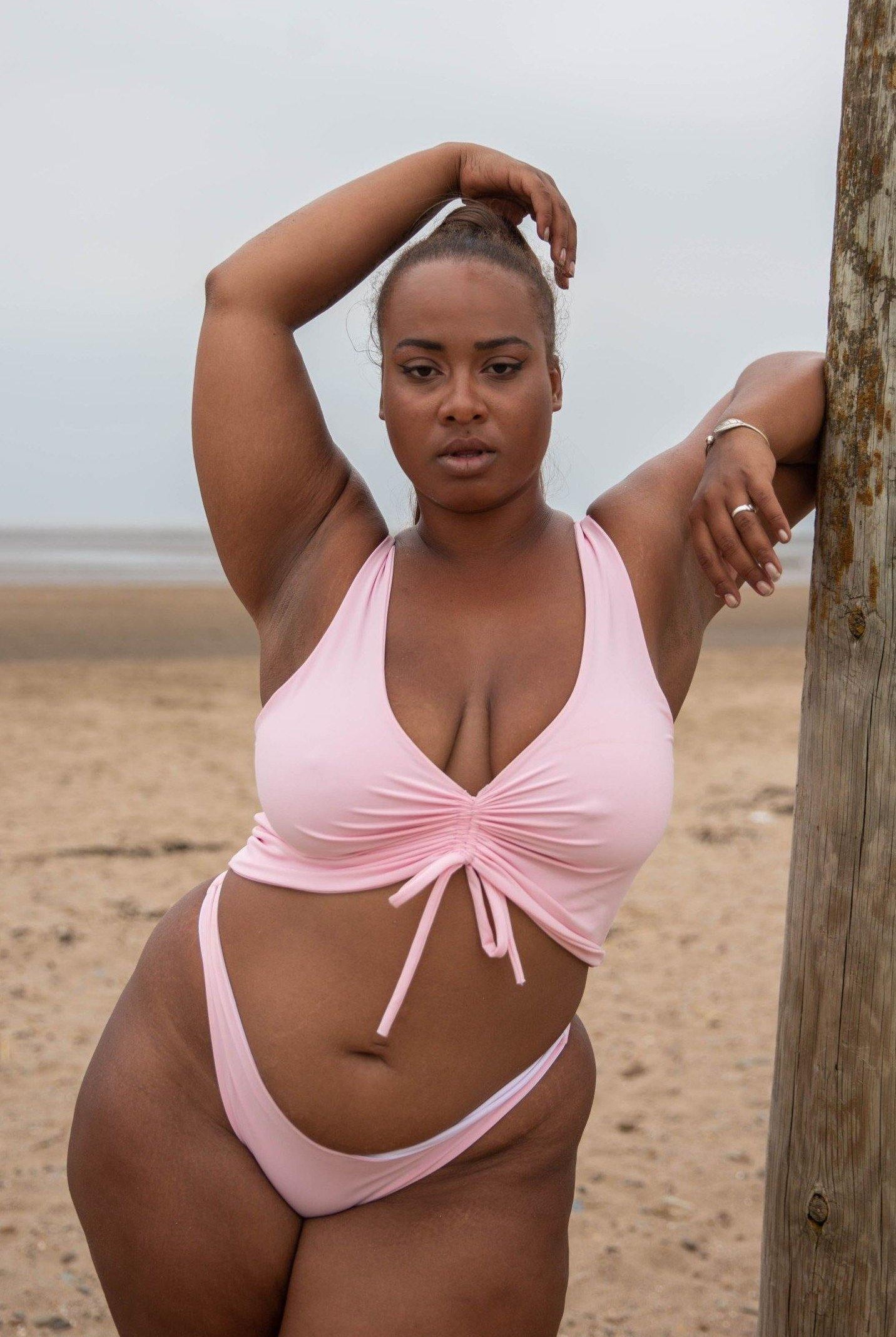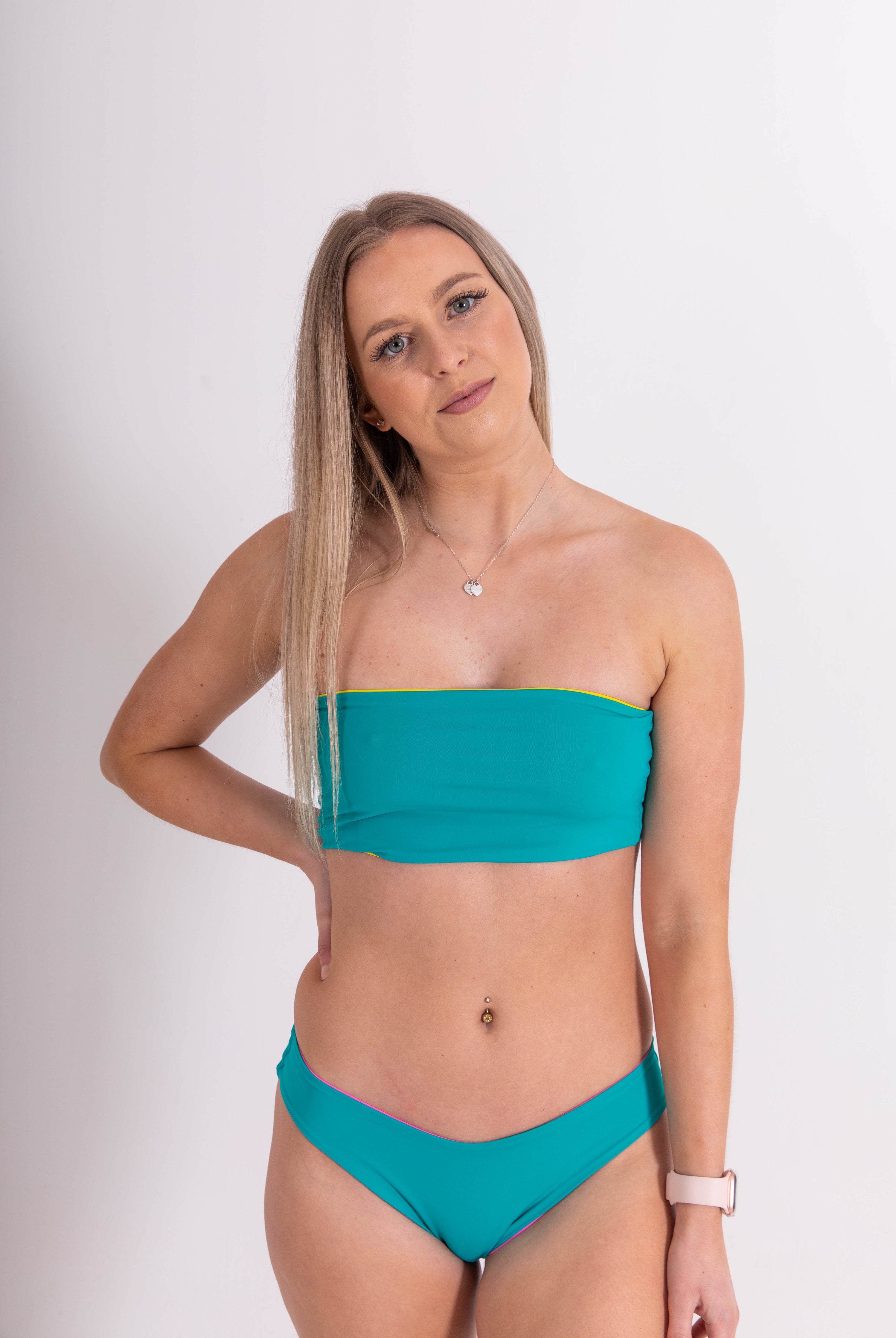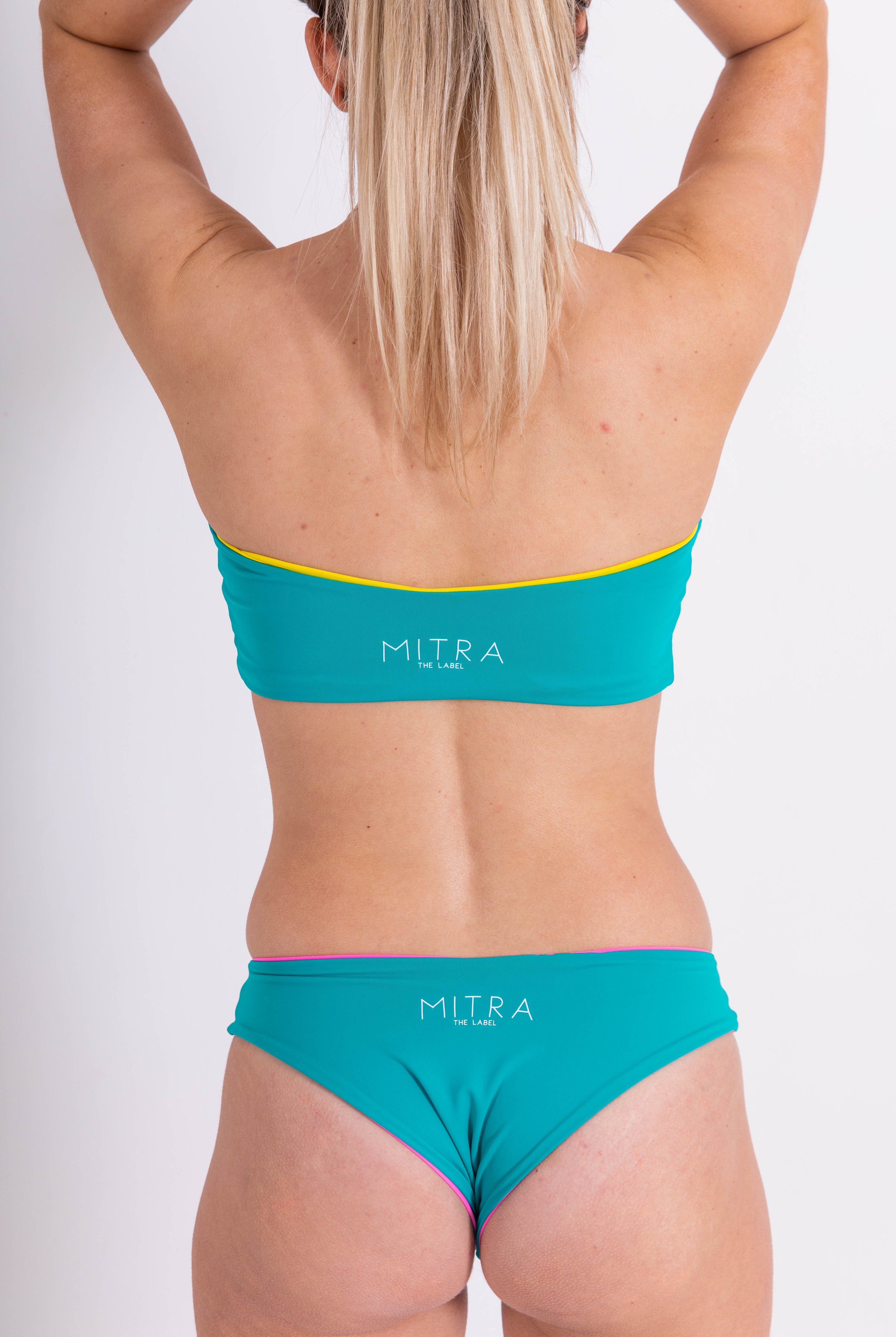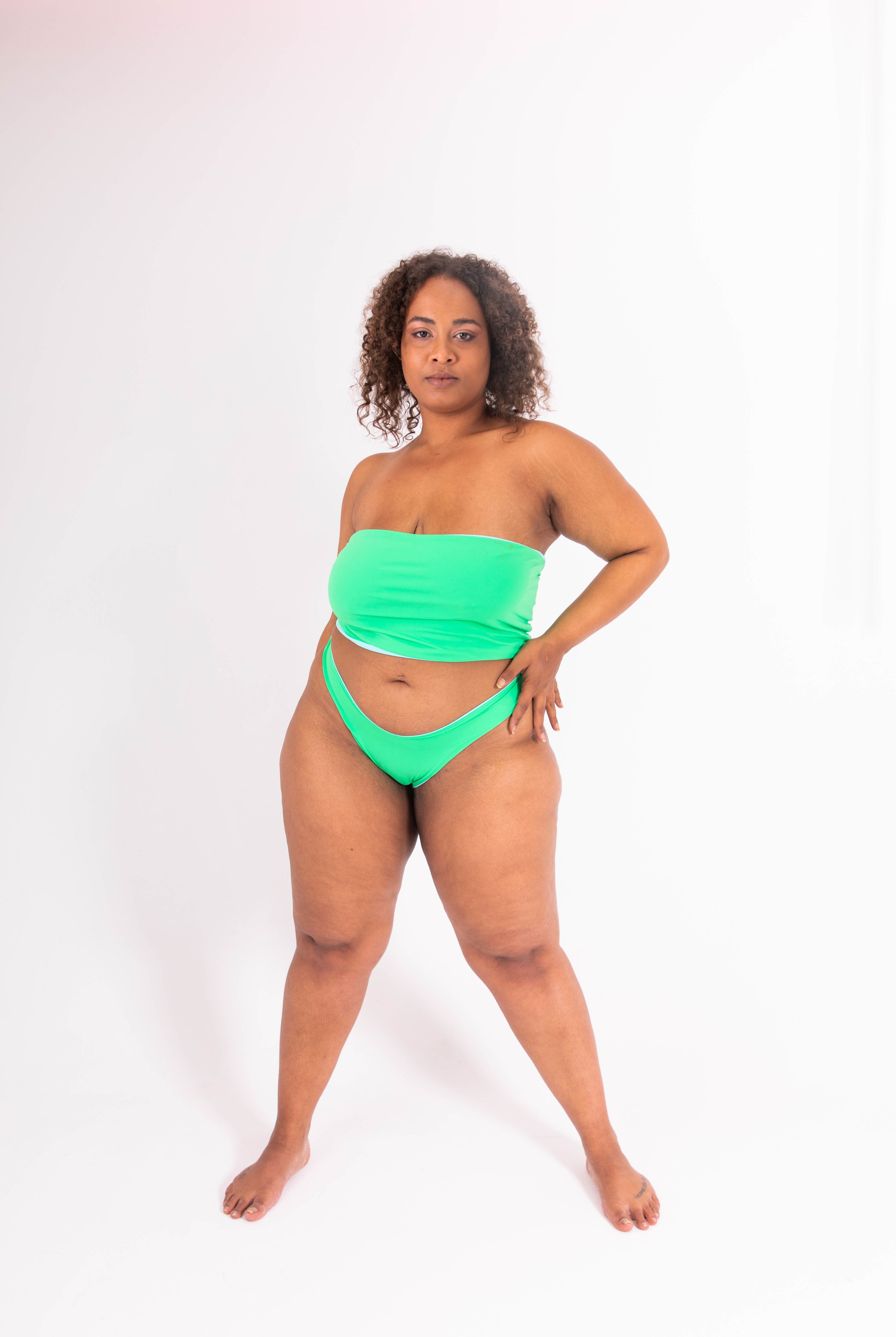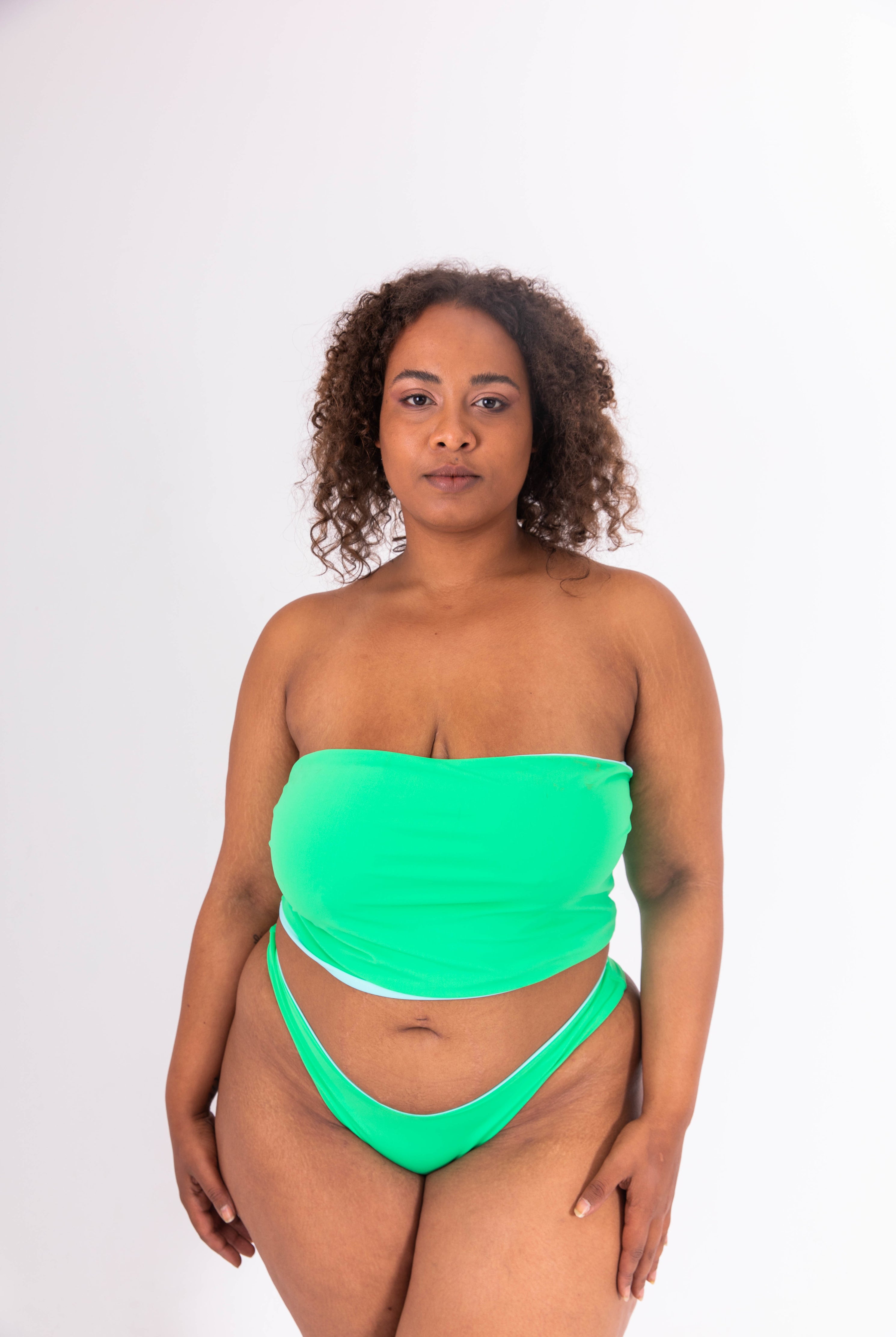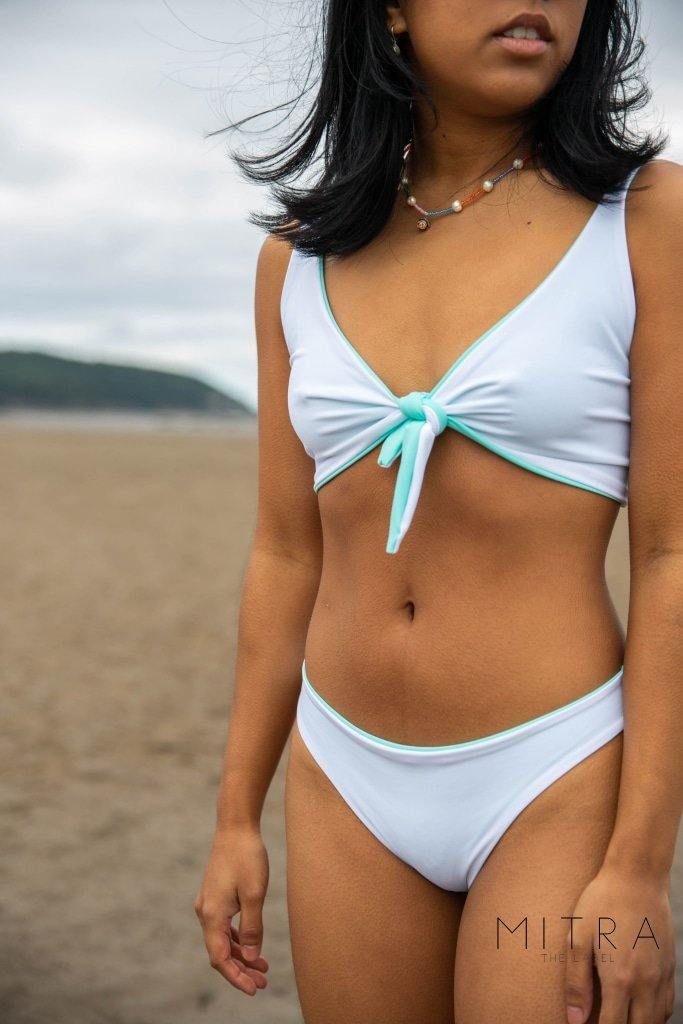Can you still buy fast fashion while contributing to the circular economy? Yes, but you still need to make purposeful purchases while buying clothes you love, without falling into the trap of trying to keep up with all the micro trends that are released throughout the year. Below are some tips for trying to reduce your fashion waste:

[Picture credit: Pexel.com]
- Don't follow trends - if no-one was wearing that outfit style in a year, would you still buy it? Fashion is often used as a form of self-expression, so it's essential to wear clothes we feel confident and comfortable in. Don't follow a micro-trend just to fit in momentarily.
- Avoid mindless online shopping - the rush of a pre-holiday shopping splurge will fade before the holiday is out. If you really want to treat yourself, make sure to check that the item will go with more than one item in your wardrobe before you buy.
- Mix and match clothes - why not challenge yourself to make as many different combinations as you can from each item of clothing you own? It's surprising how far we can make a well-worn item stretch when we're creative with our options.
- Buy second hand from Depop and eBay - both options are ideal when it comes to sustainable shopping. Barely worn items are advertised with half the price tag of an original, and it massively reduces the demand for buying brand new.
- Re-work old clothes - if you've worn a pair of jeans until they're threadbare, try and re-work them. You could end up with a new season favourite as well as getting maximum use out of a well-loved item.
- Charity shops - Everyone loves the satisfaction of putting the work into getting their hands on a pre-loved item that's original and flattering. In some charity shops, you can dig out designer treasures for a more affordable price, while often supporting charitable causes at the same time.
- Unsubscribe from your favourite fast-fashion brand's mailing list - The last thing you want to do is be tempted by yet another white summer dress that you don't need.
Rental sites:
If you are lucky enough to have enough disposable income left over for fashionable clothes, there has never been an easier time to vote with your wallet. These online fashion rental businesses give you the opportunity to try out the newest, most popular items without contributing to an unsustainable, linear economy.
HireStreet – If you're someone who loves wearing a brand- new dress for every celebration, this is the option for you. HireStreet is the perfect fix for any special event. All outfits are available to hire from 4-16 days, so it's ideal for borrowing high-quality occasion-wear for a jam-packed couple of weeks of events.
By Rotation – In March 2020, the founder, Eshita Kabra-Davies, was named as one of the "14 Inspiring Women Leading The Fight Against Climate Change". The company has gained a lot of traction over lockdown, by encouraging women to connect with other lenders, try out a variety of beautiful clothes (often featured in high-end fashion magazines) and share their experiences with the wider community. You send other users rental requests through the app, and you get charged when the lender accepts your request.
Apps:
Everyone who has the luxury of buying new clothes deserves to know the advantages of supporting slower, more responsible fashion to help create impactful change for the planet and for the people that are exploited to uphold the fashion industry.
The following apps are brilliant educational tools:
Good on You – the app Good on You is designed to make you feel good about the choices that you're making from the inside out. The app rates brands based on their impact on People, Planet and Animals to help you make more informed decisions about where you're choosing to invest your money.
Fashion Revolution – The gold mine of information on their website seeks to remove all illusions of fast-fashion greenwashing and shine a light on the pitfalls of the industry. They offer many opportunities for viewers to take tangible action on systemic and structural inequalities within the fashion industry and have set up a charity and a social enterprise to fund research and political campaigns to advocate for global supply chain transparency and responsibility ultimately.
https://www.fashionrevolution.org/
Written by Maddy Crocker


